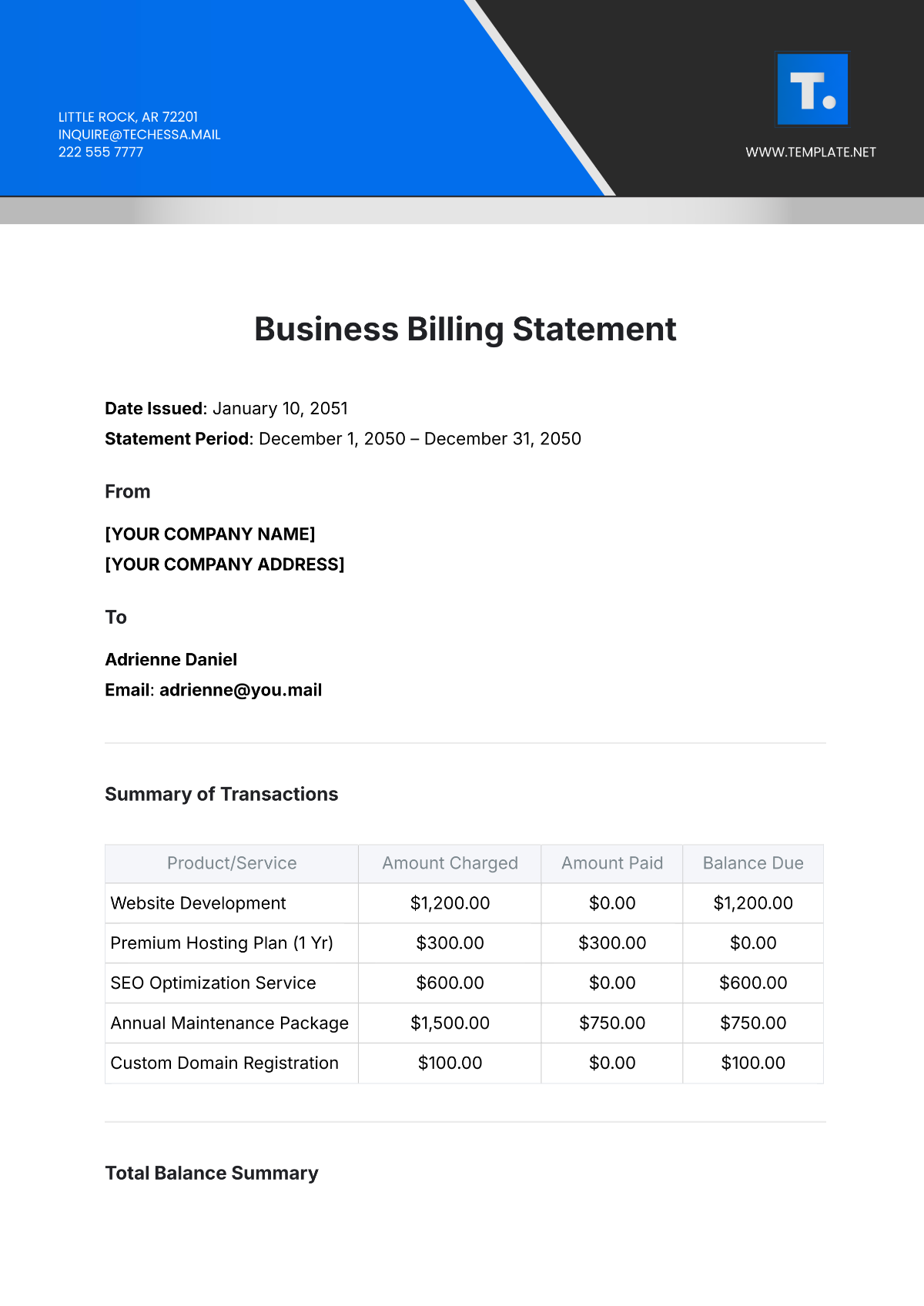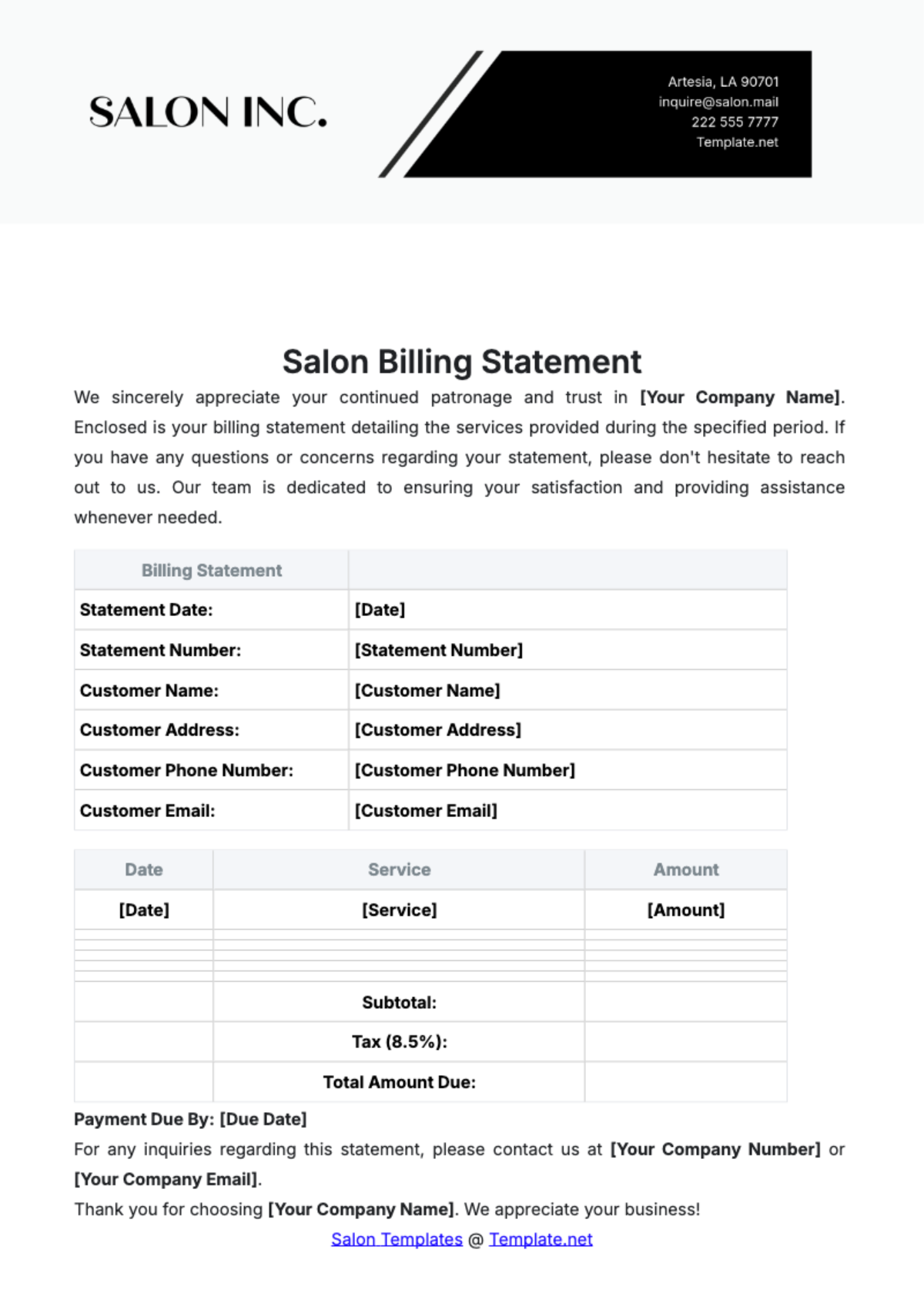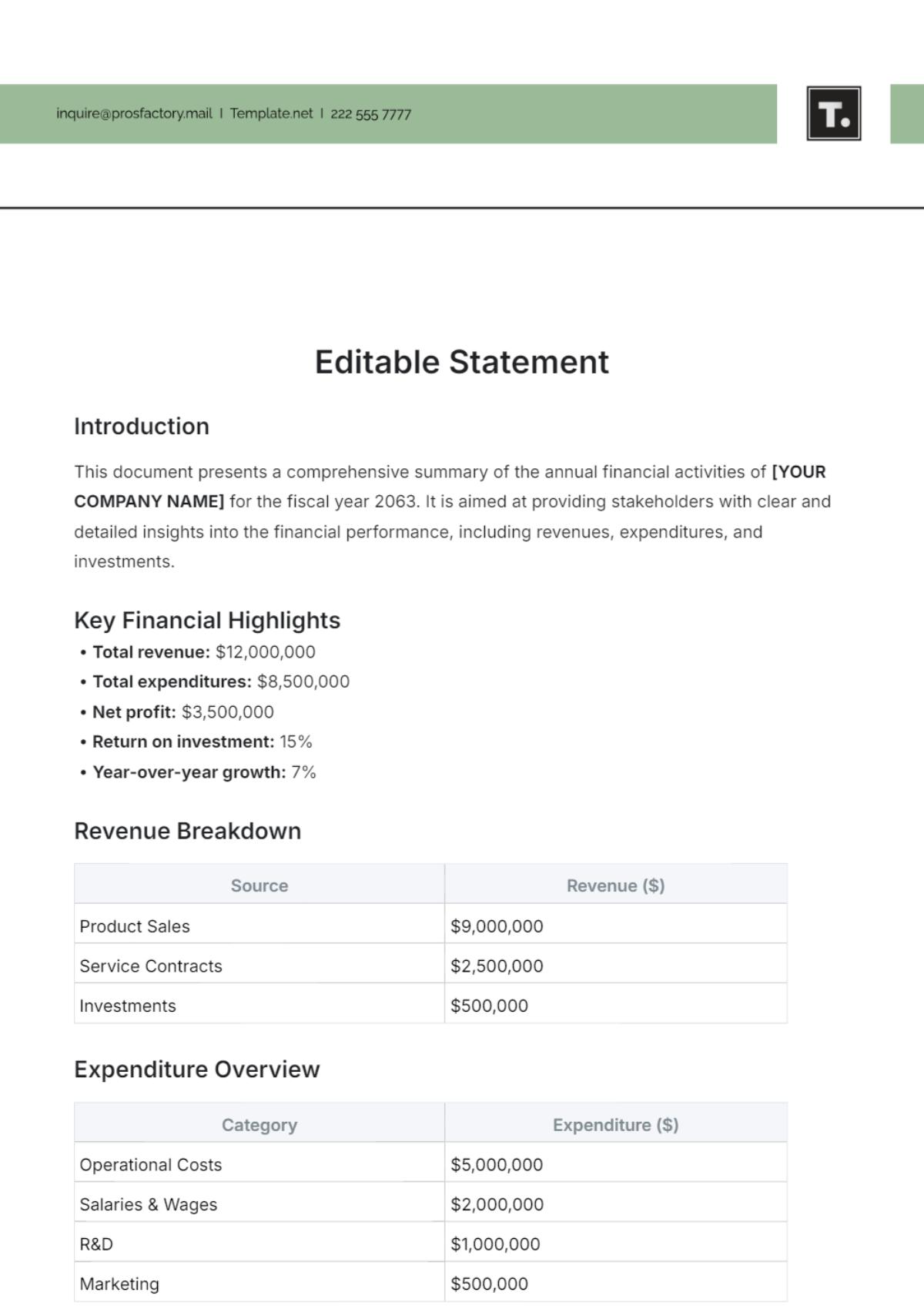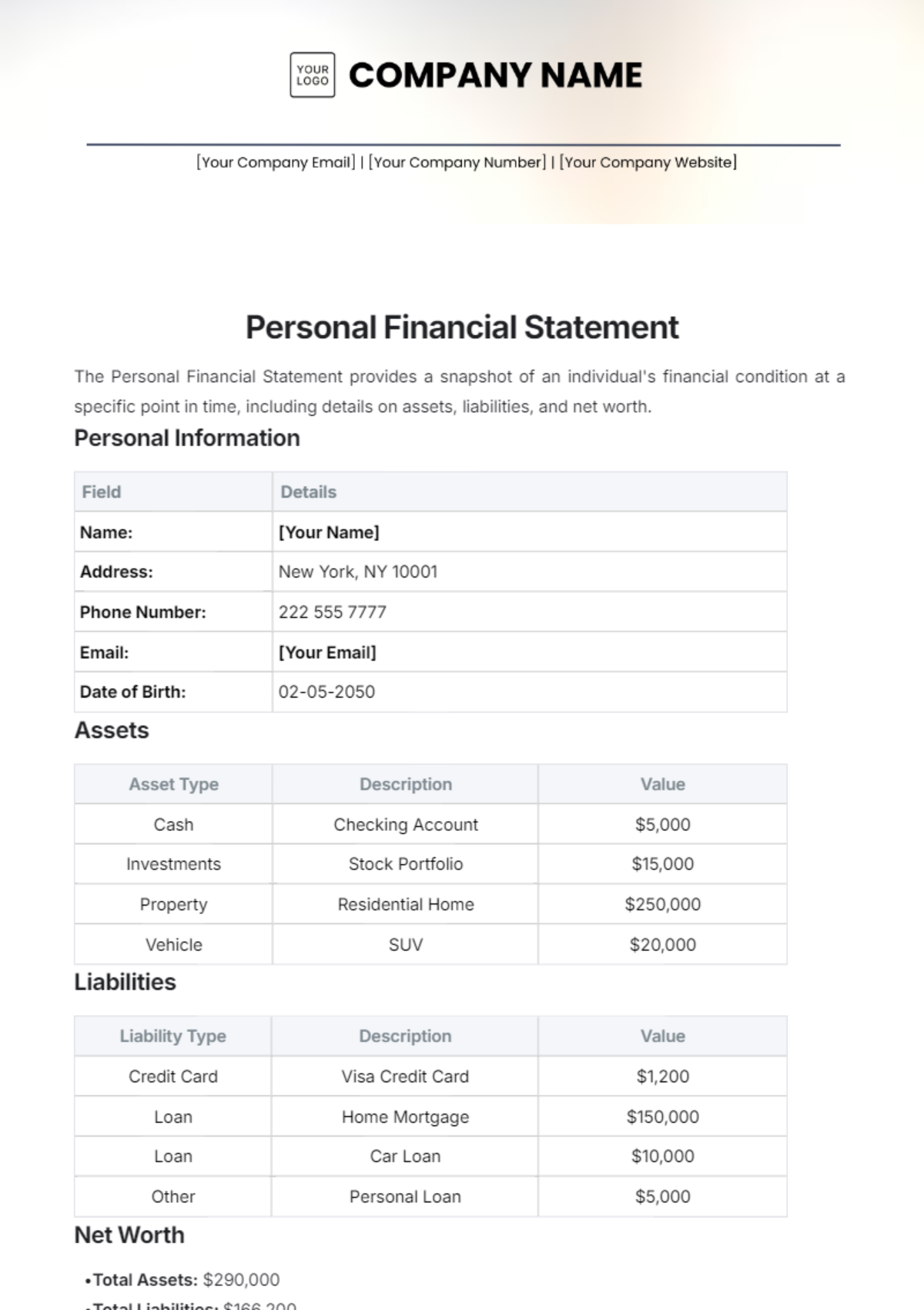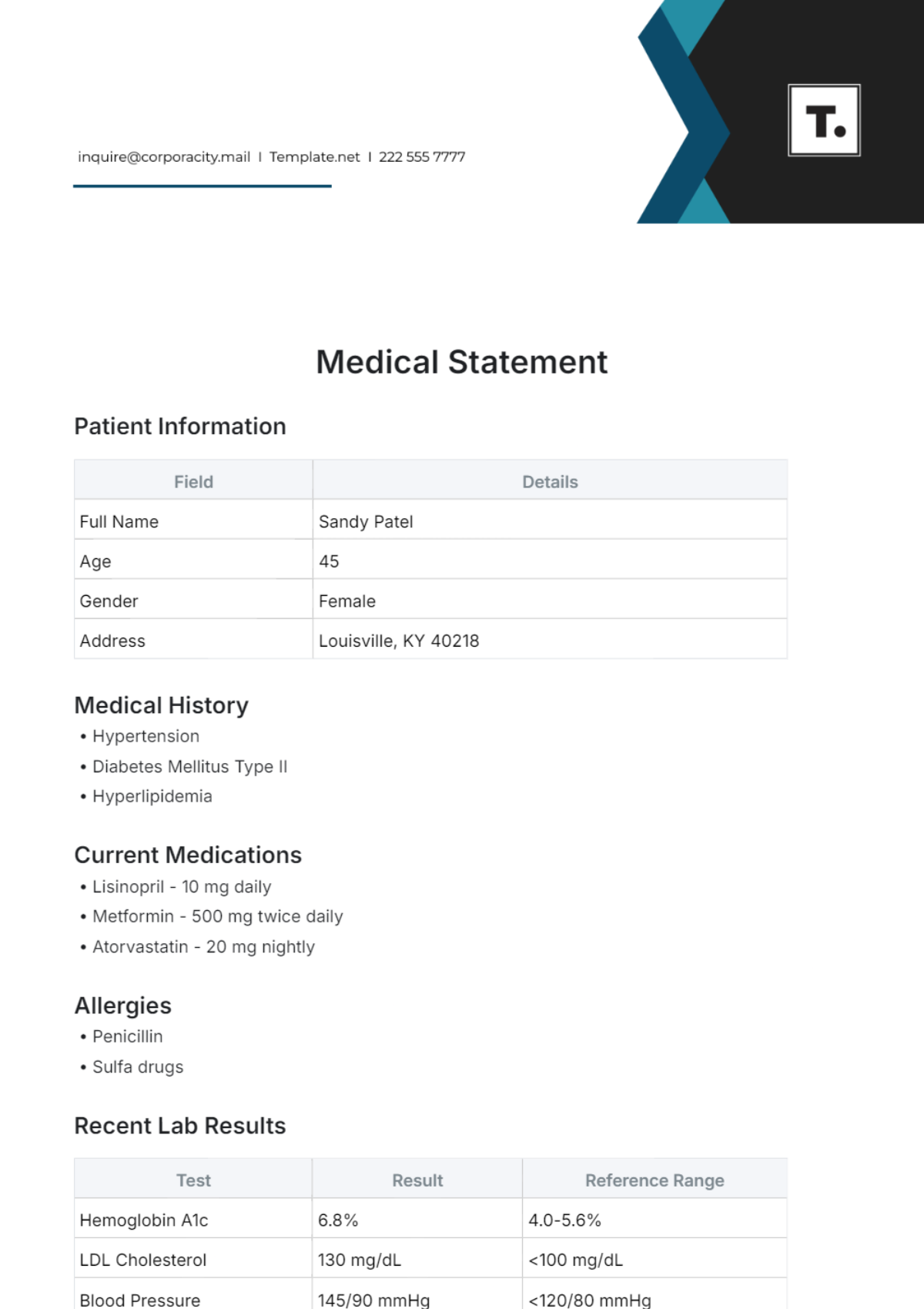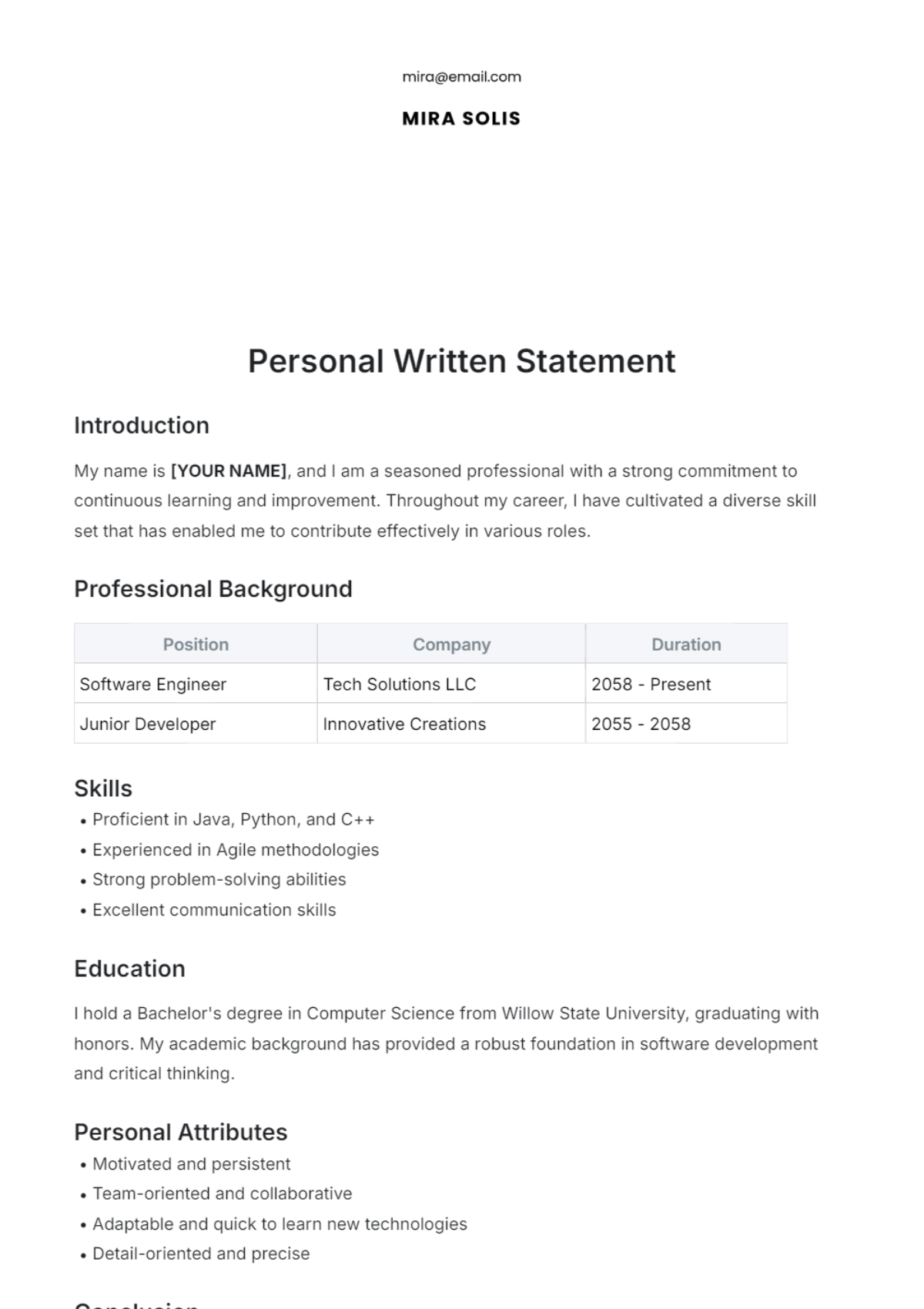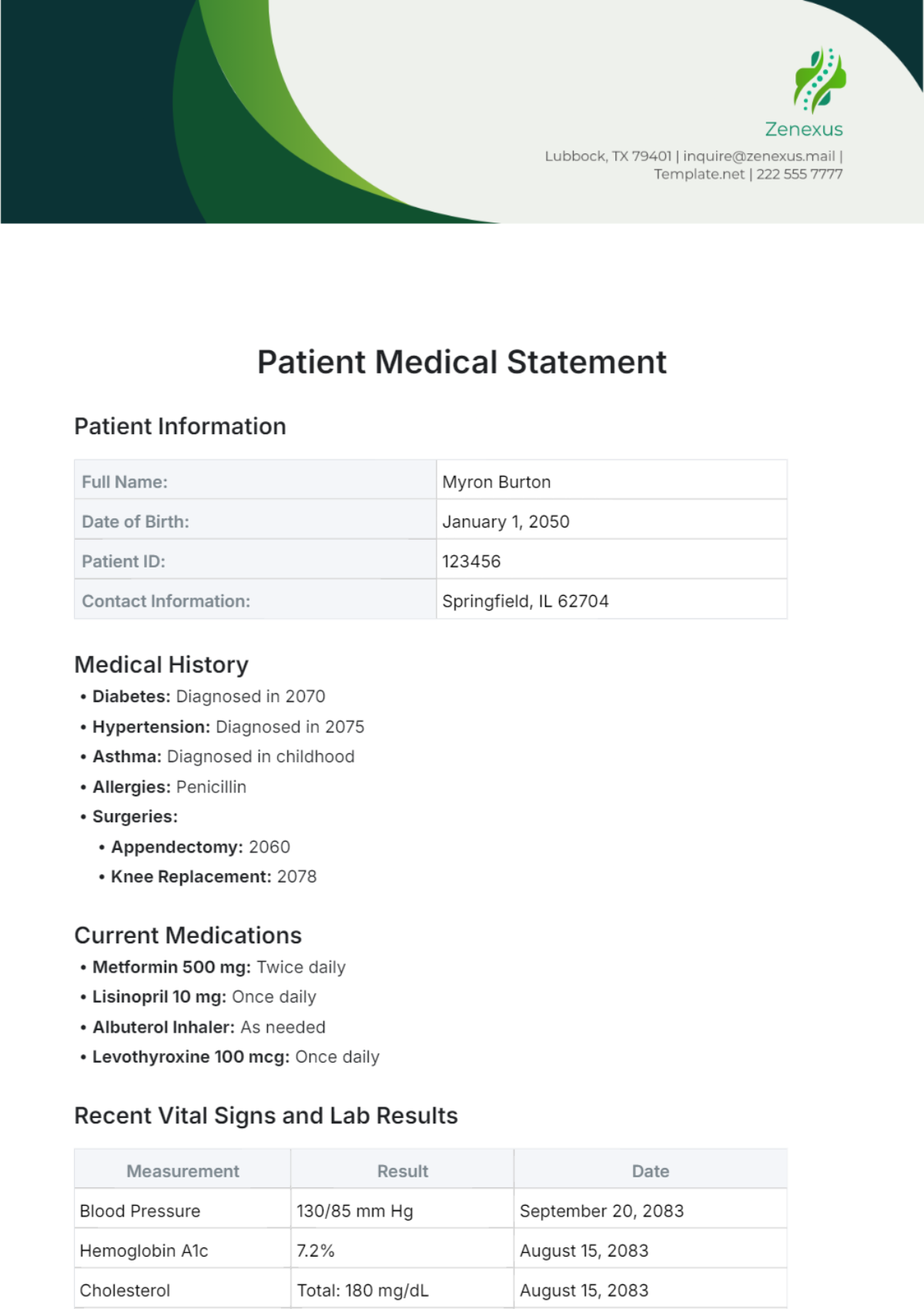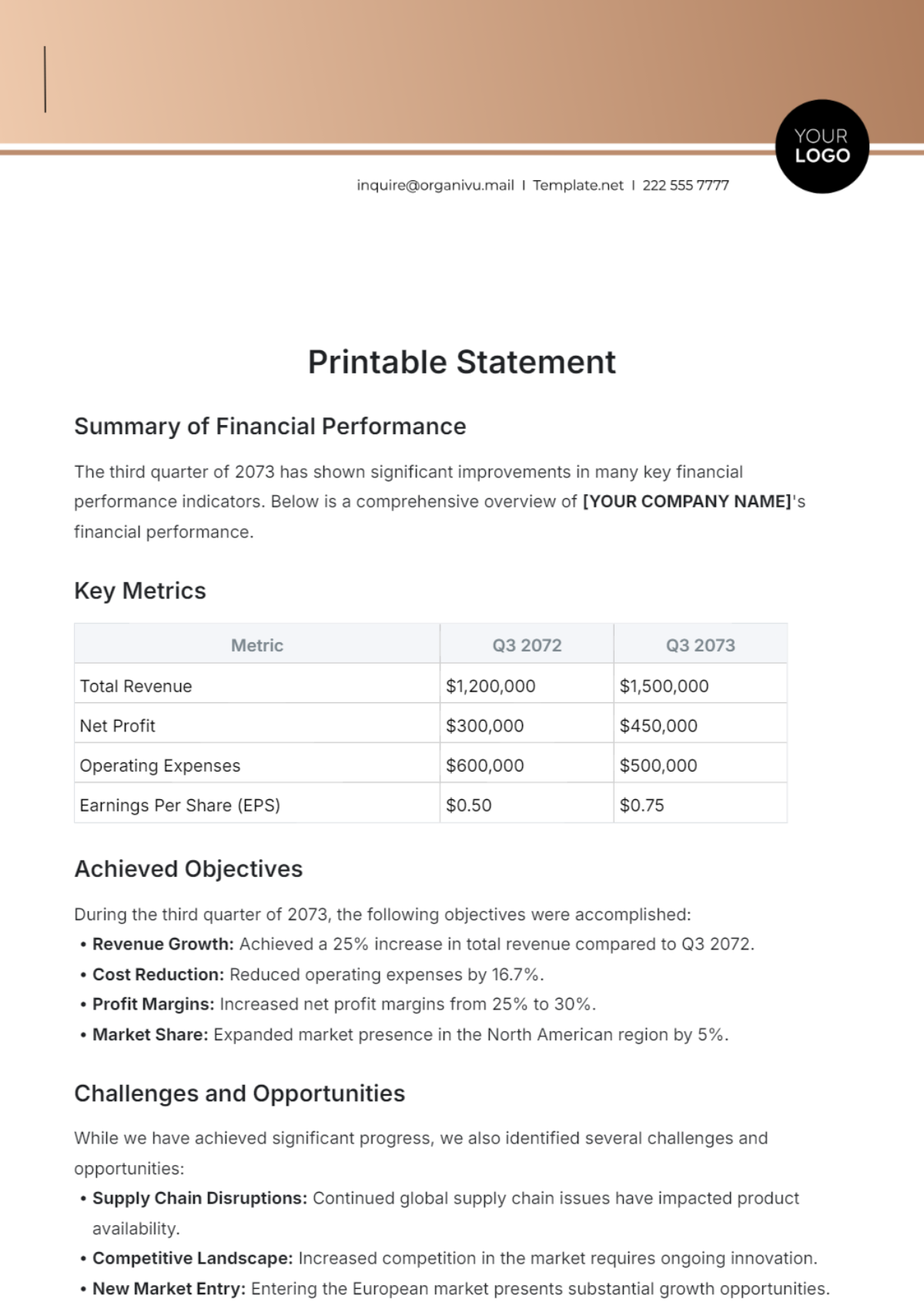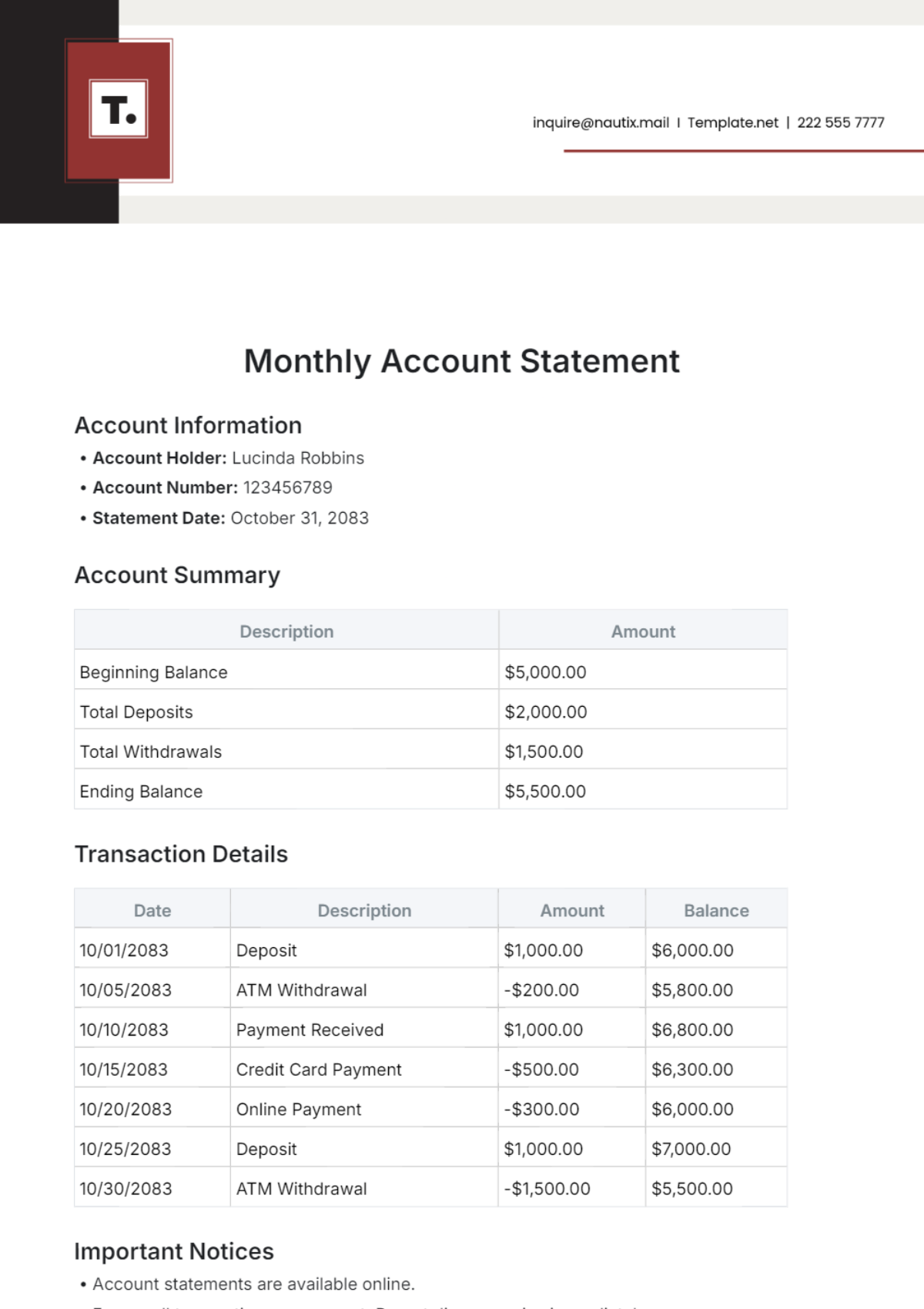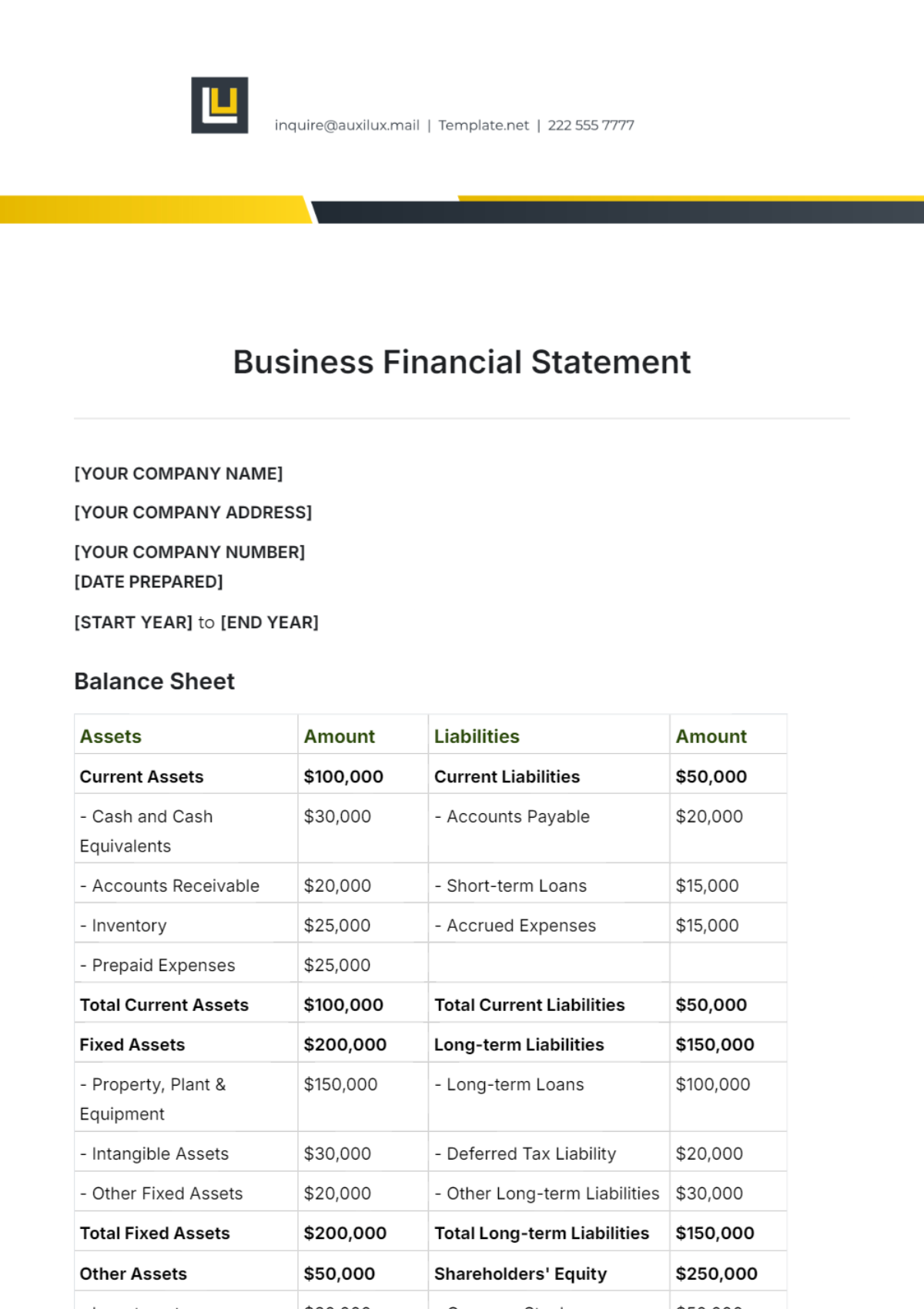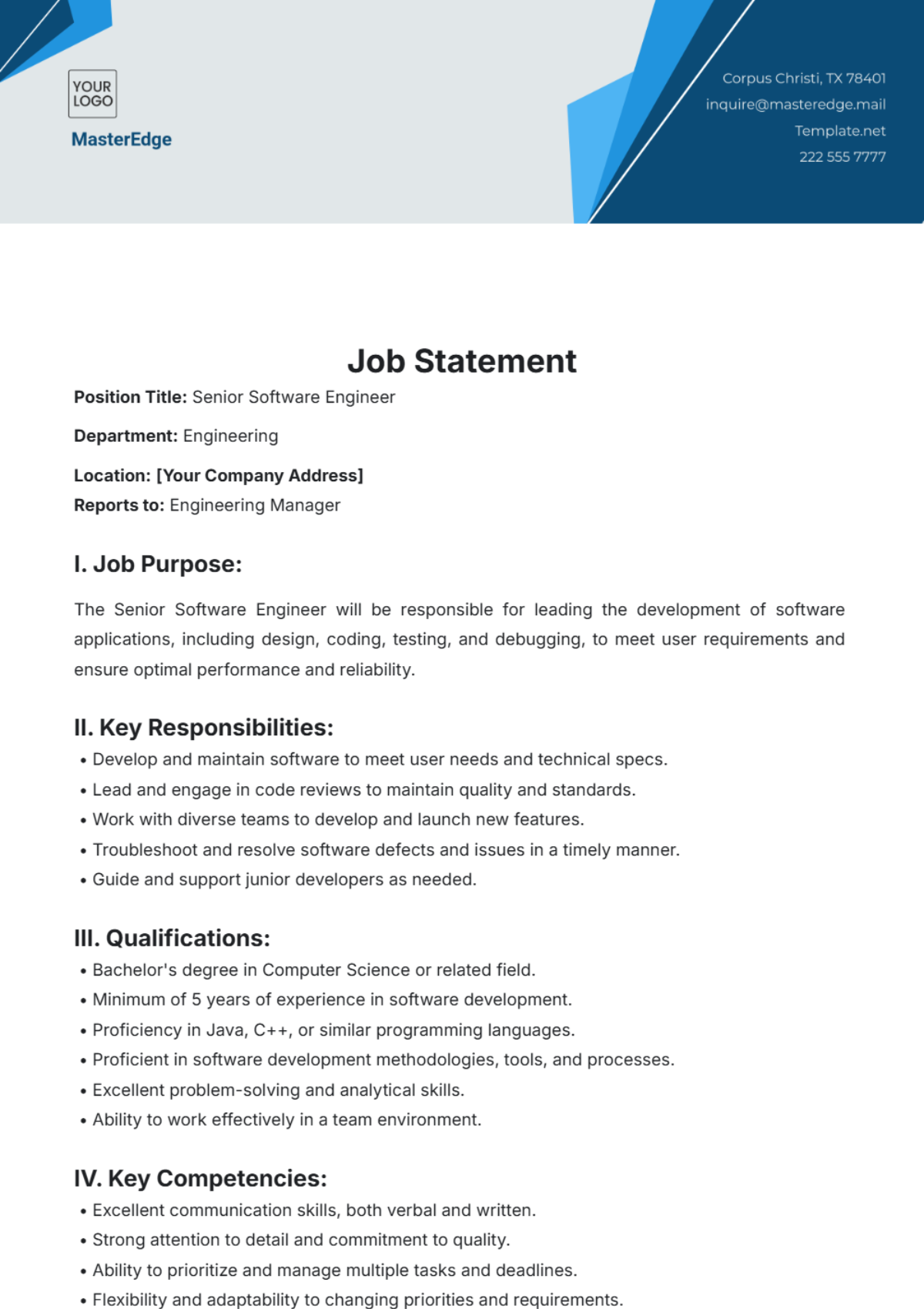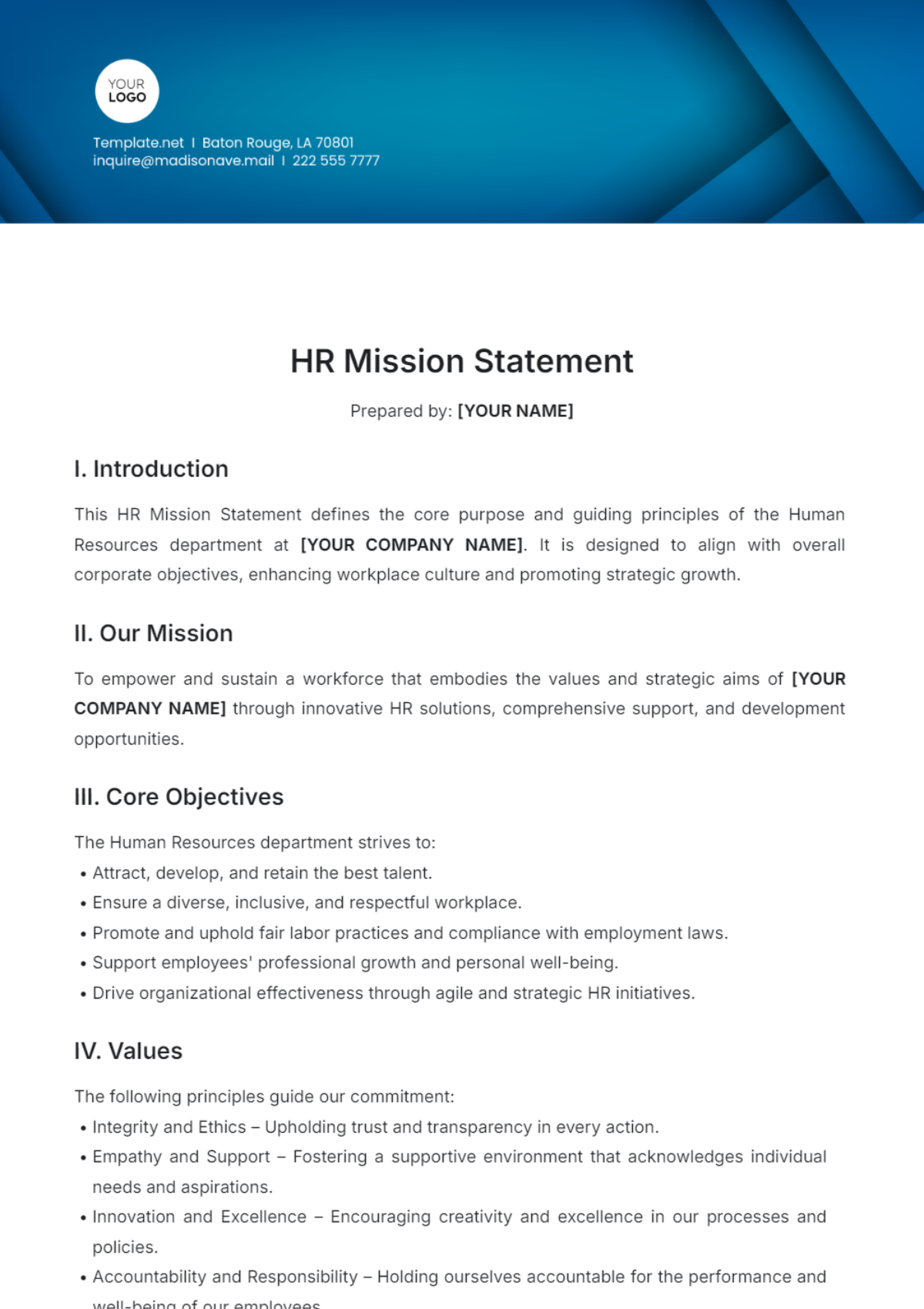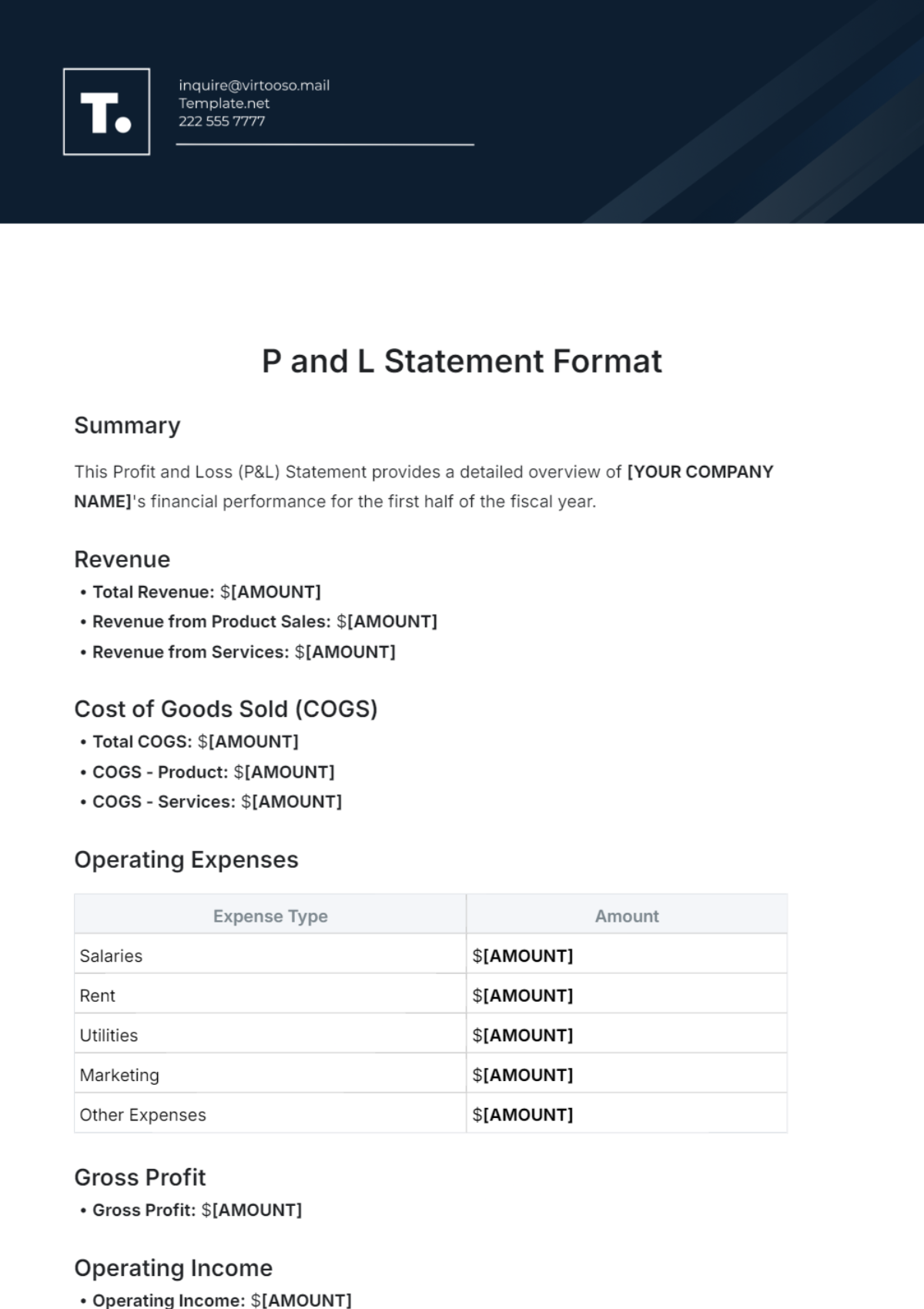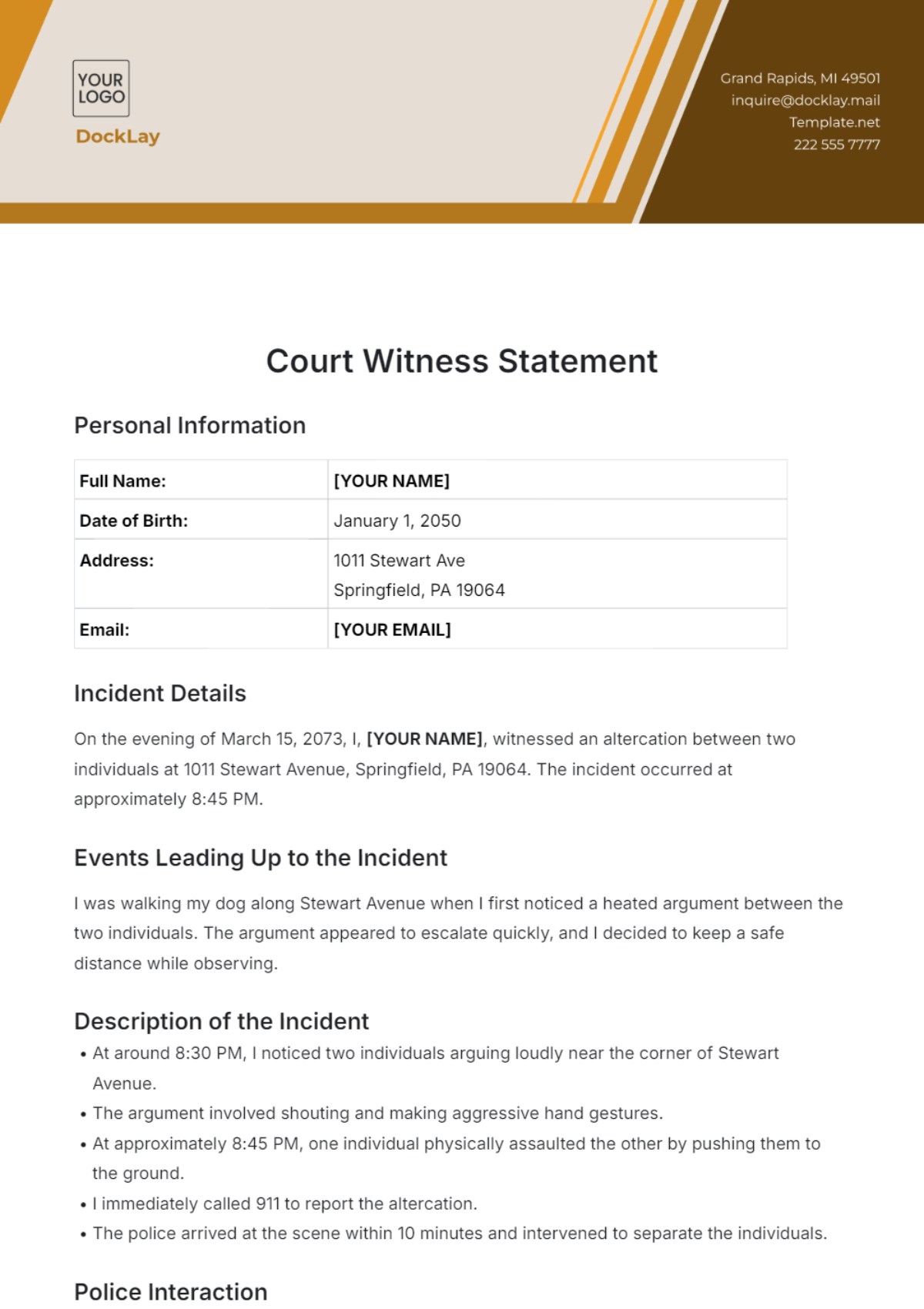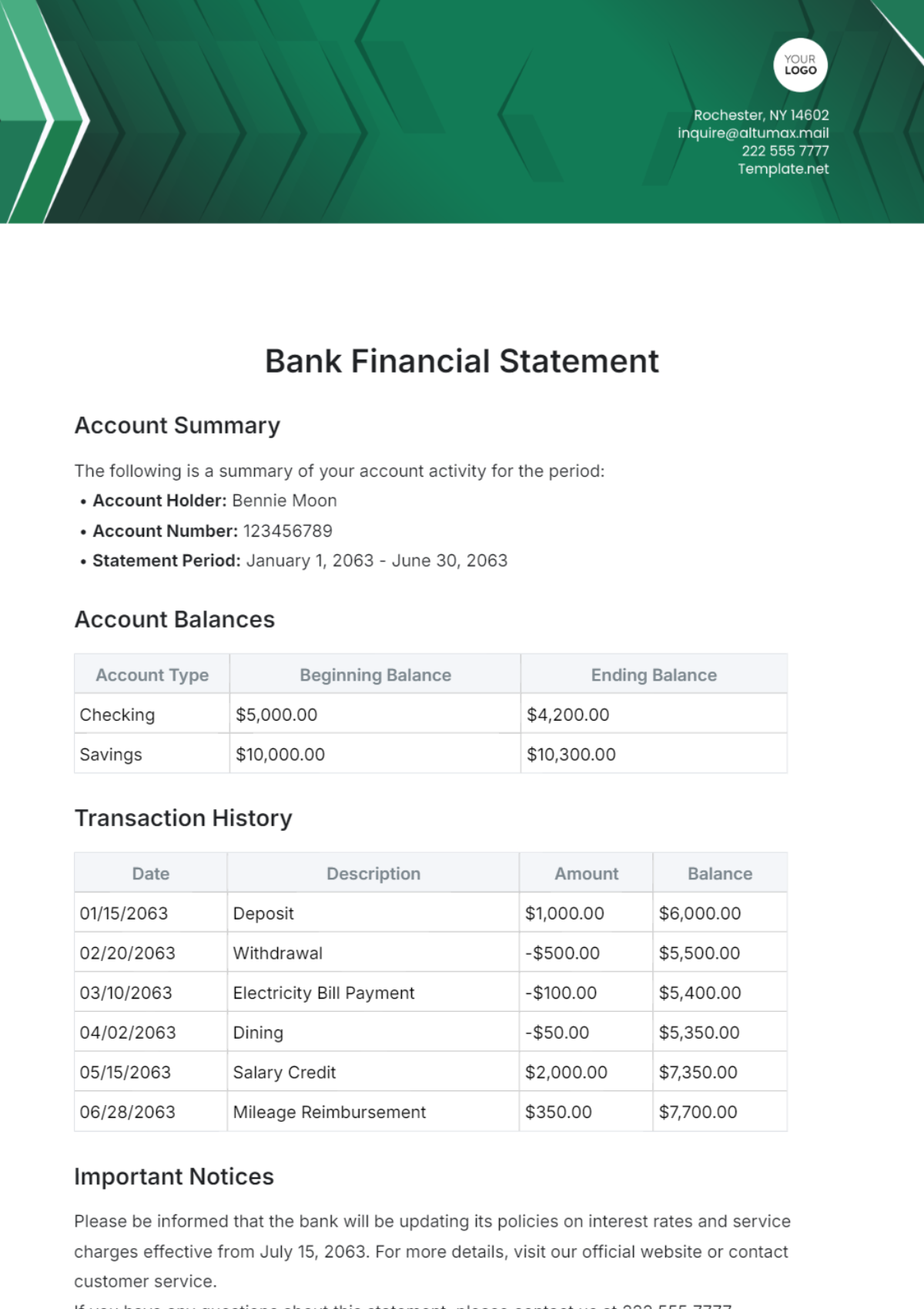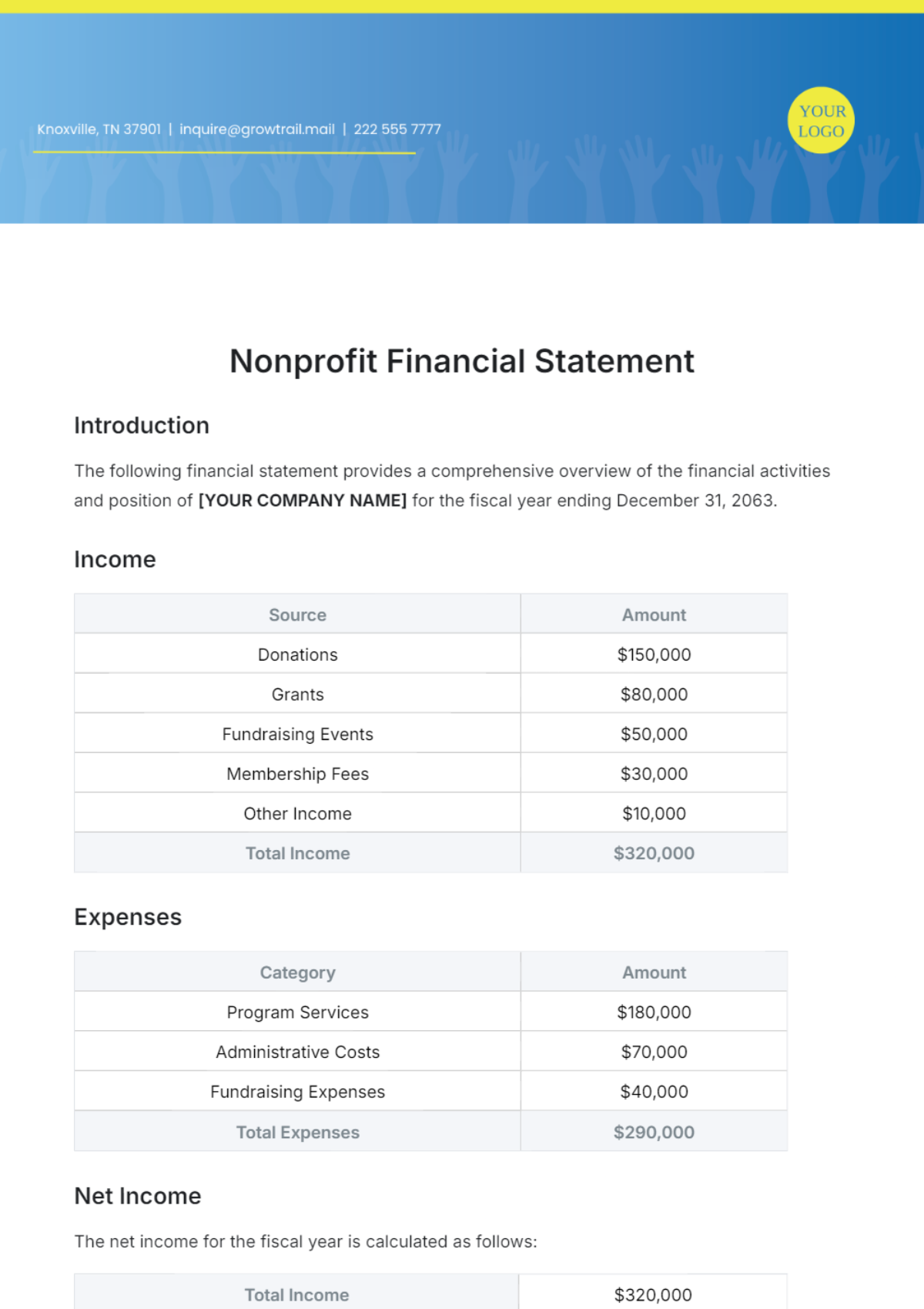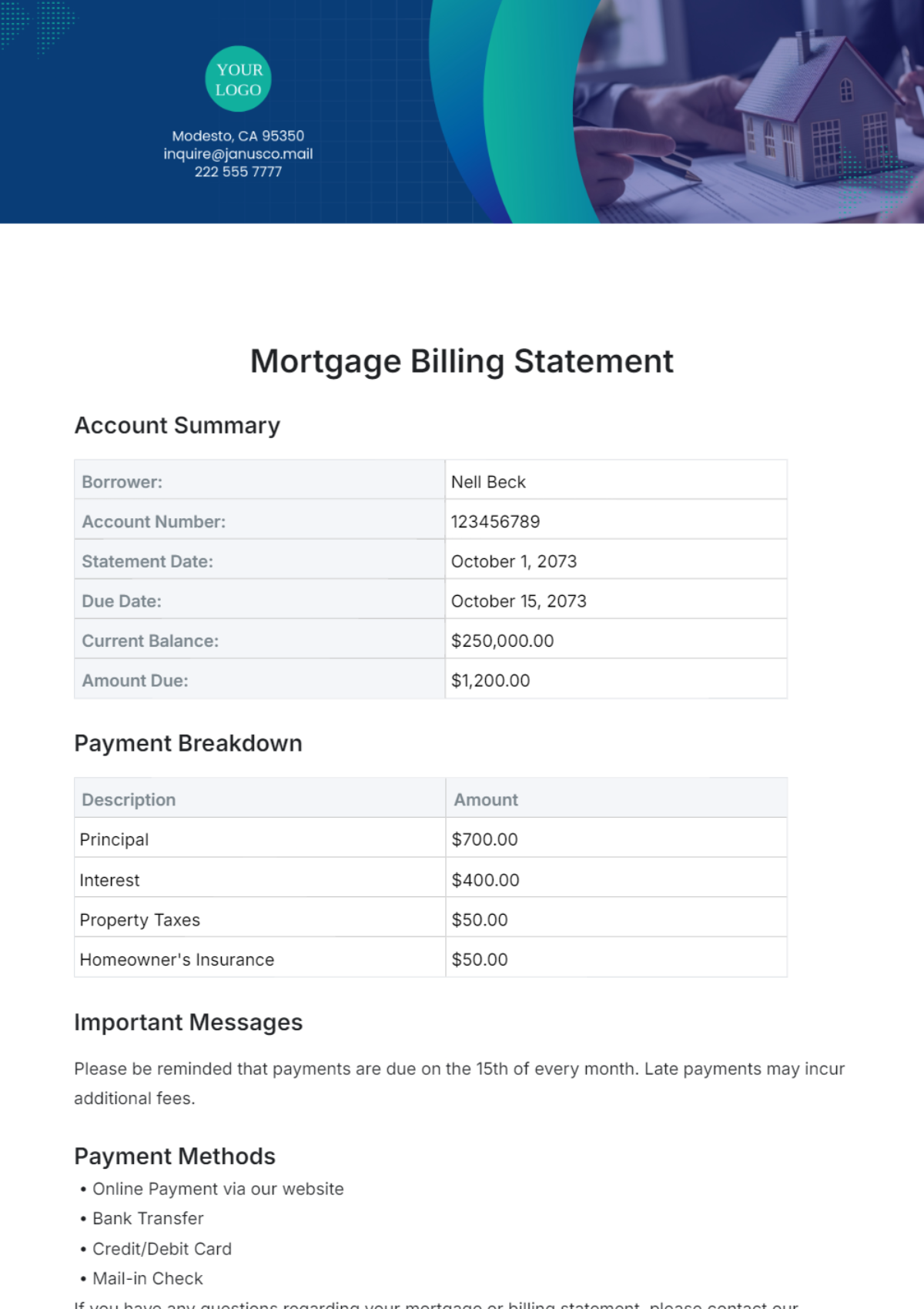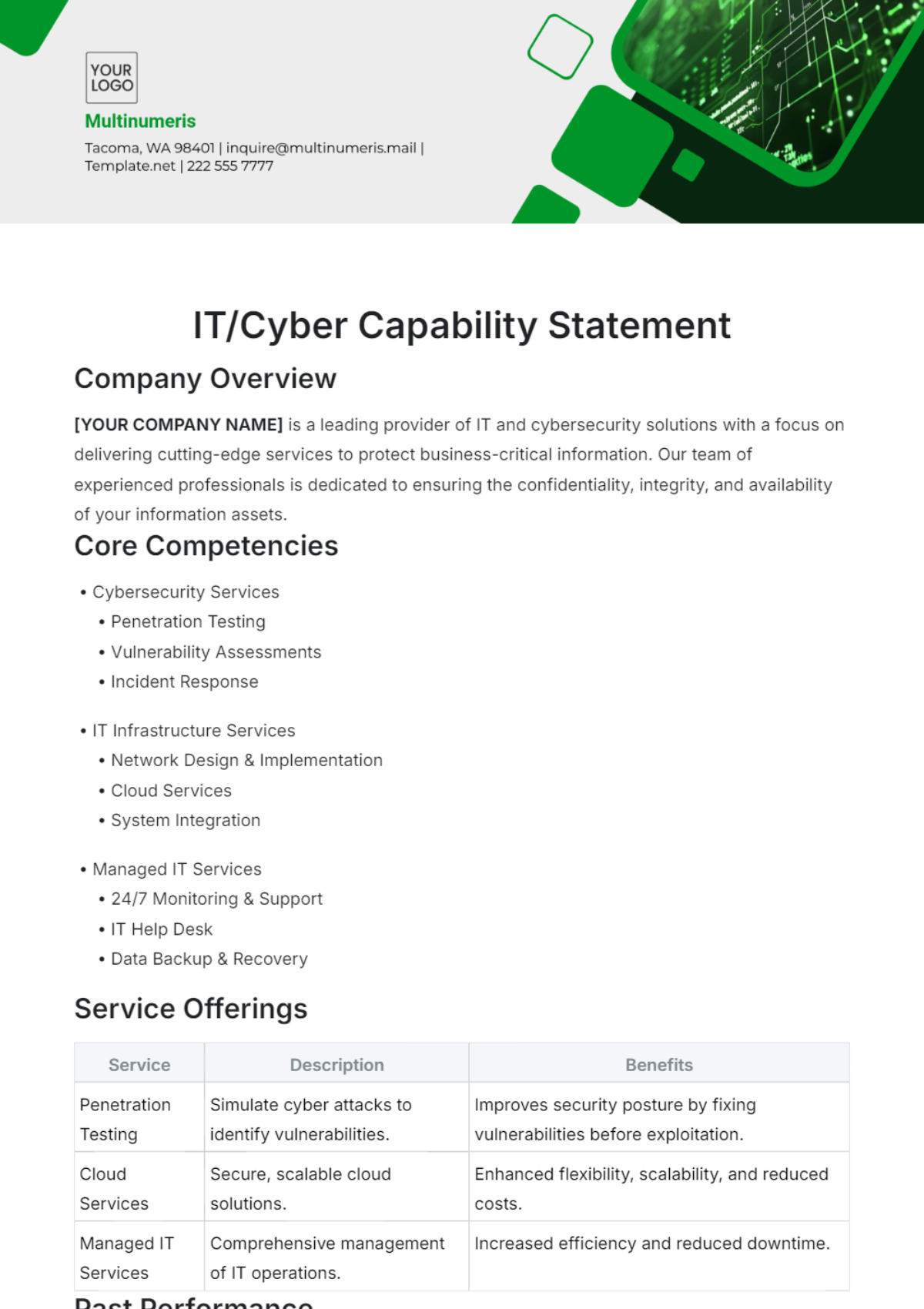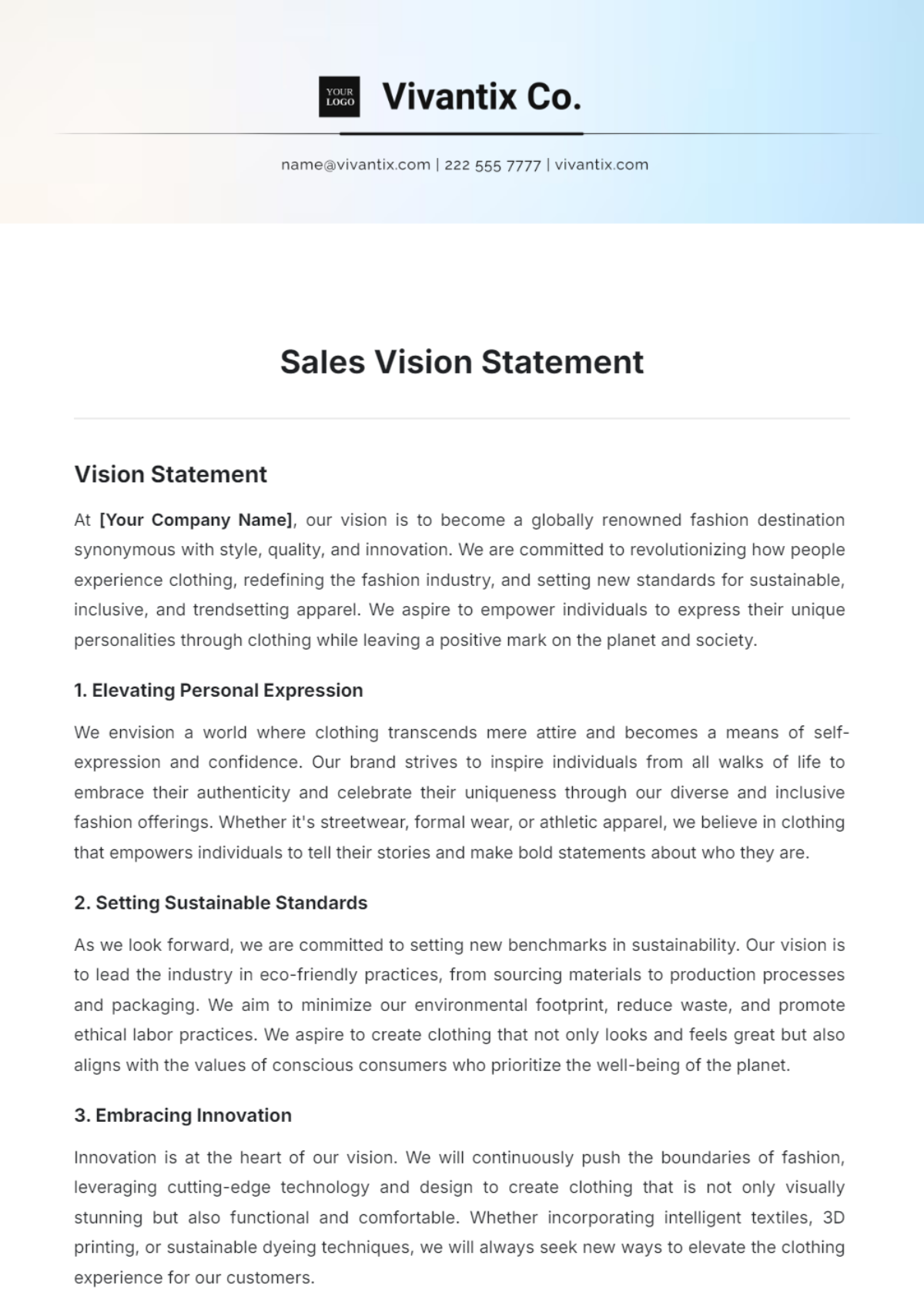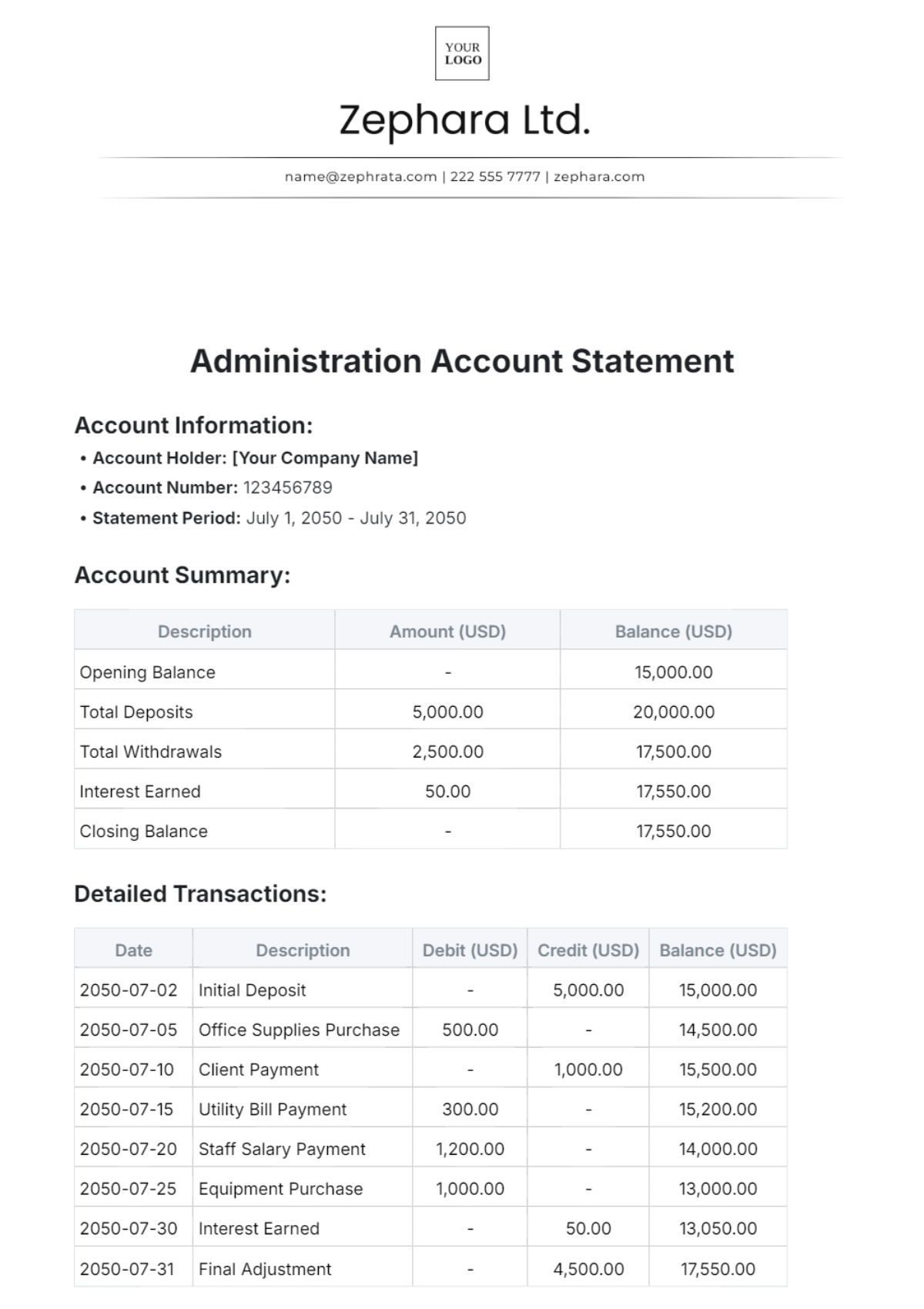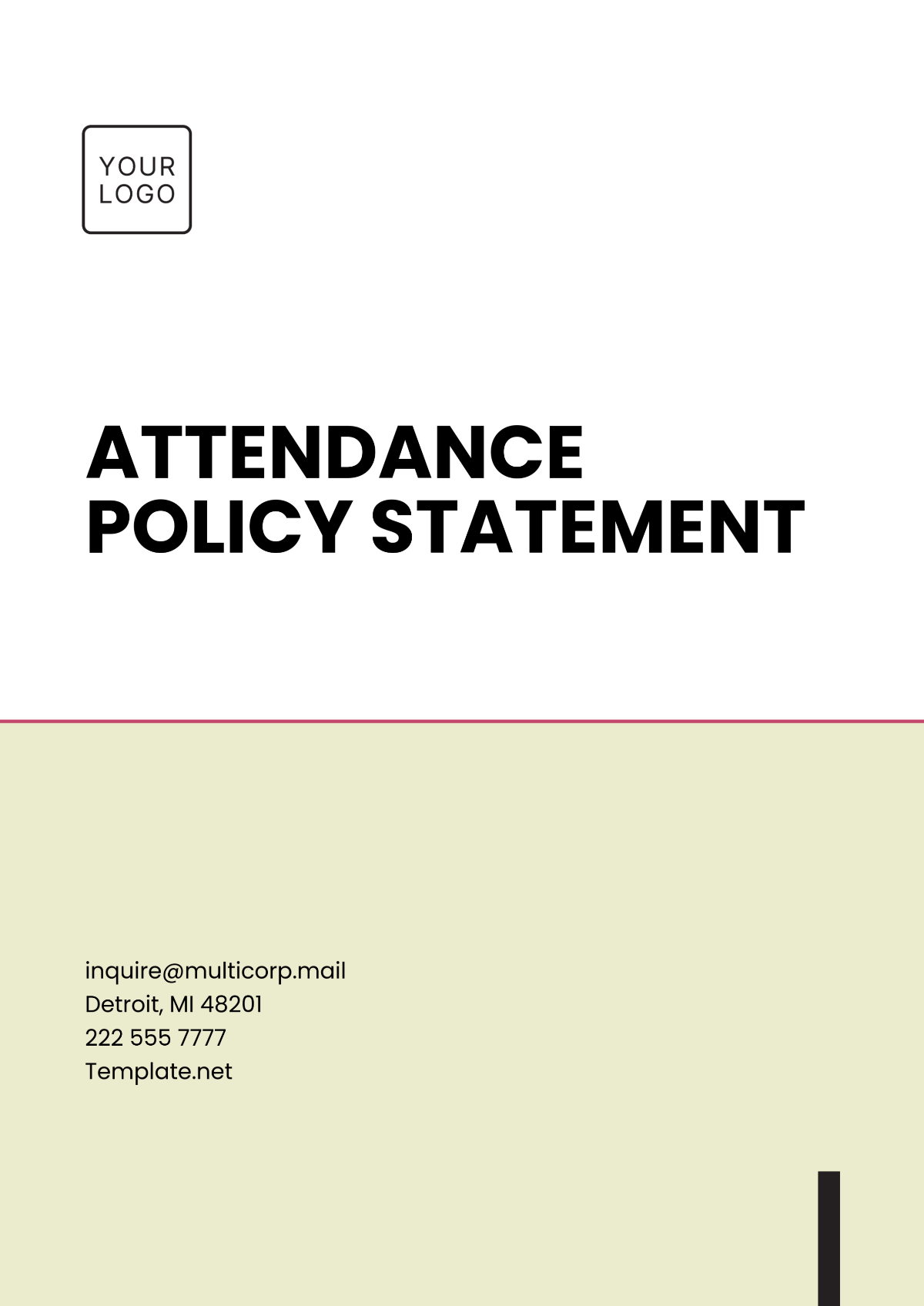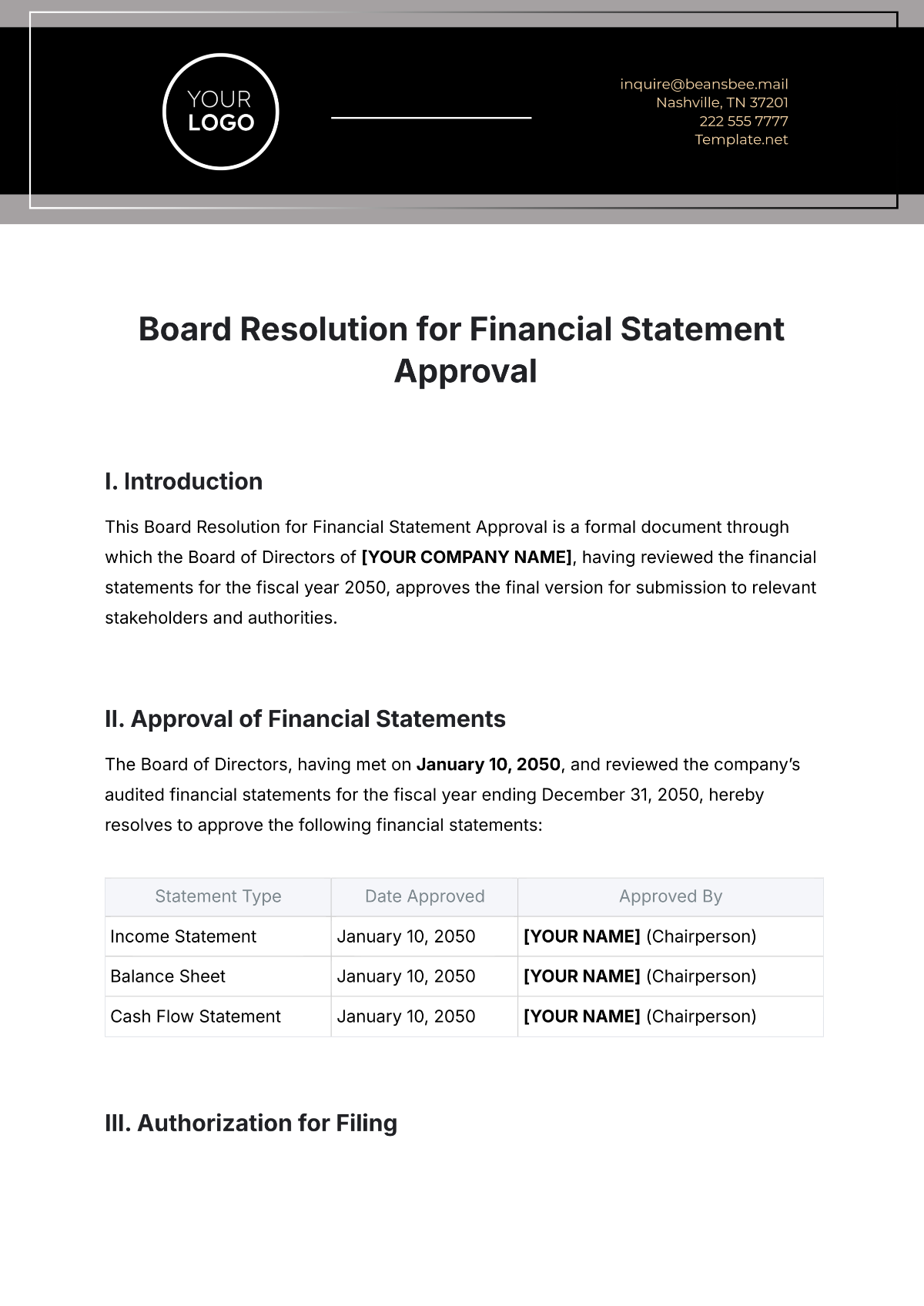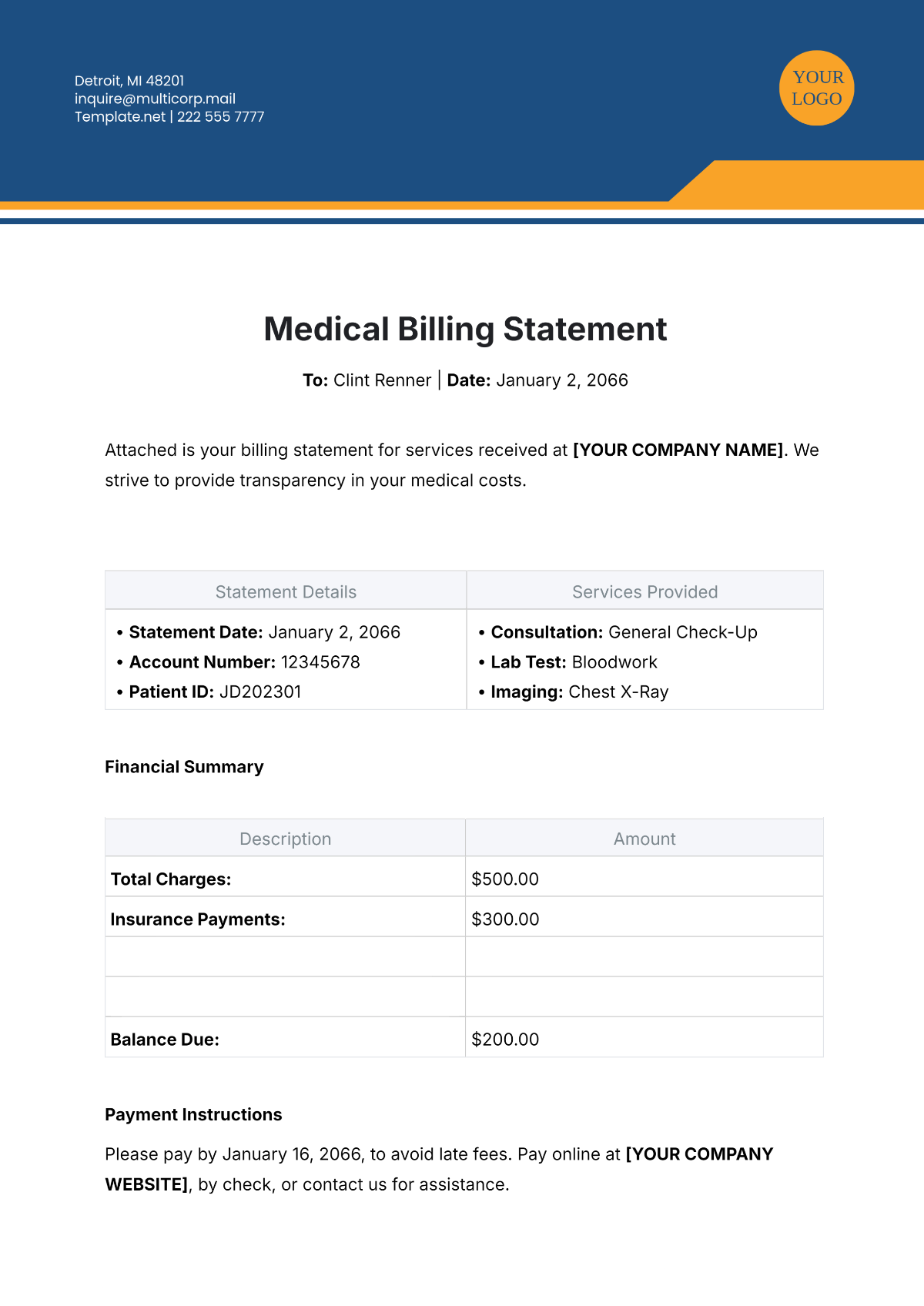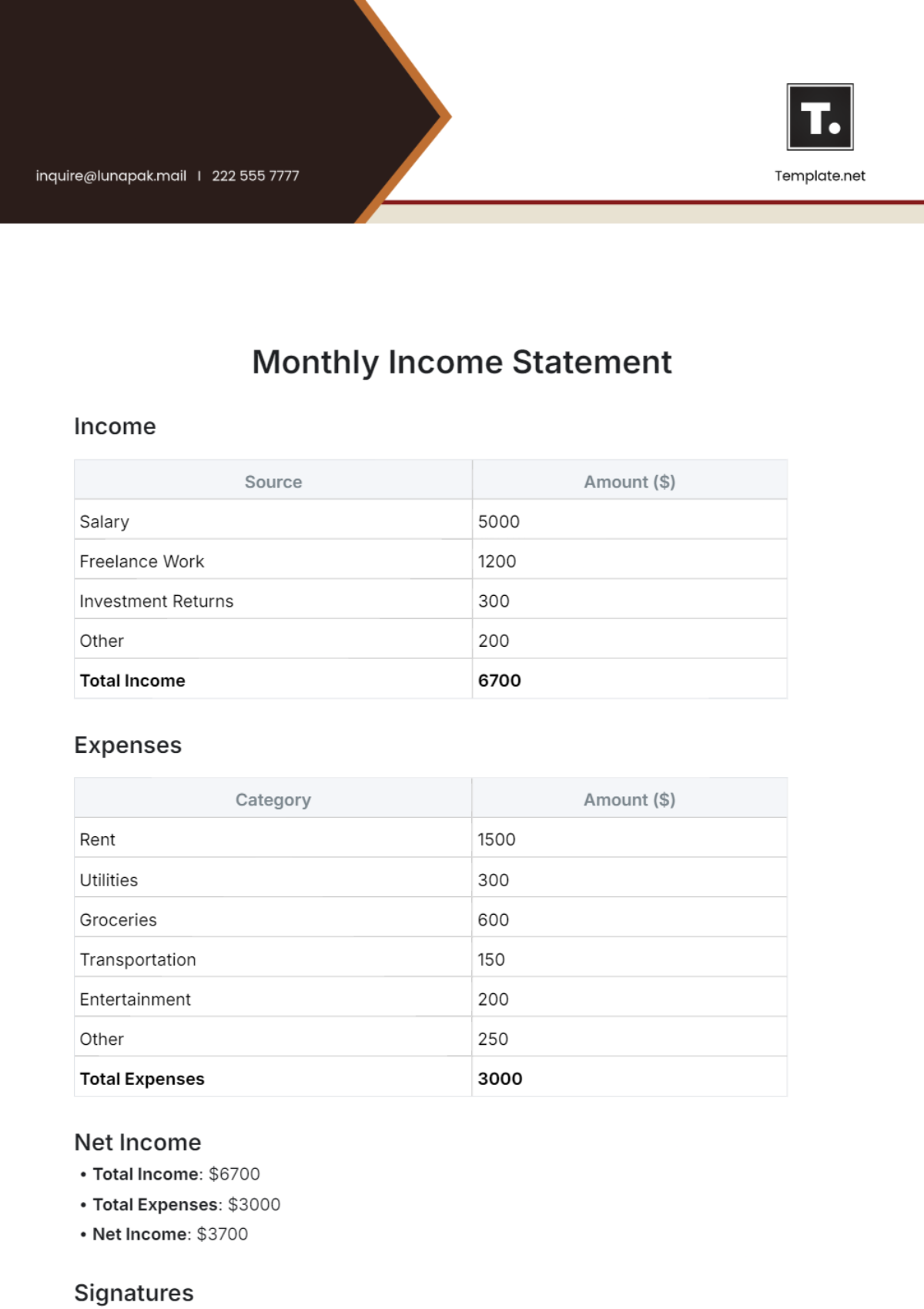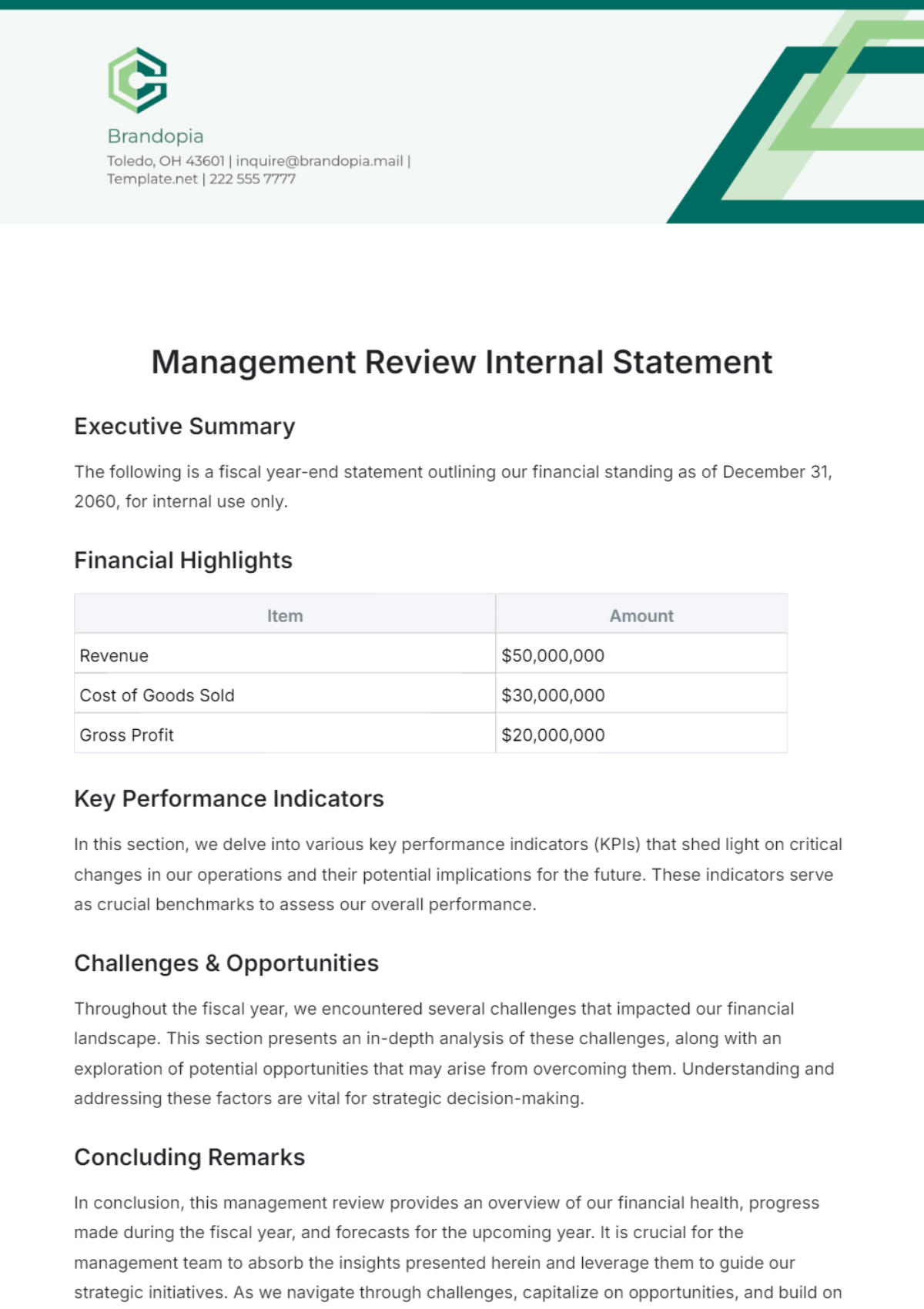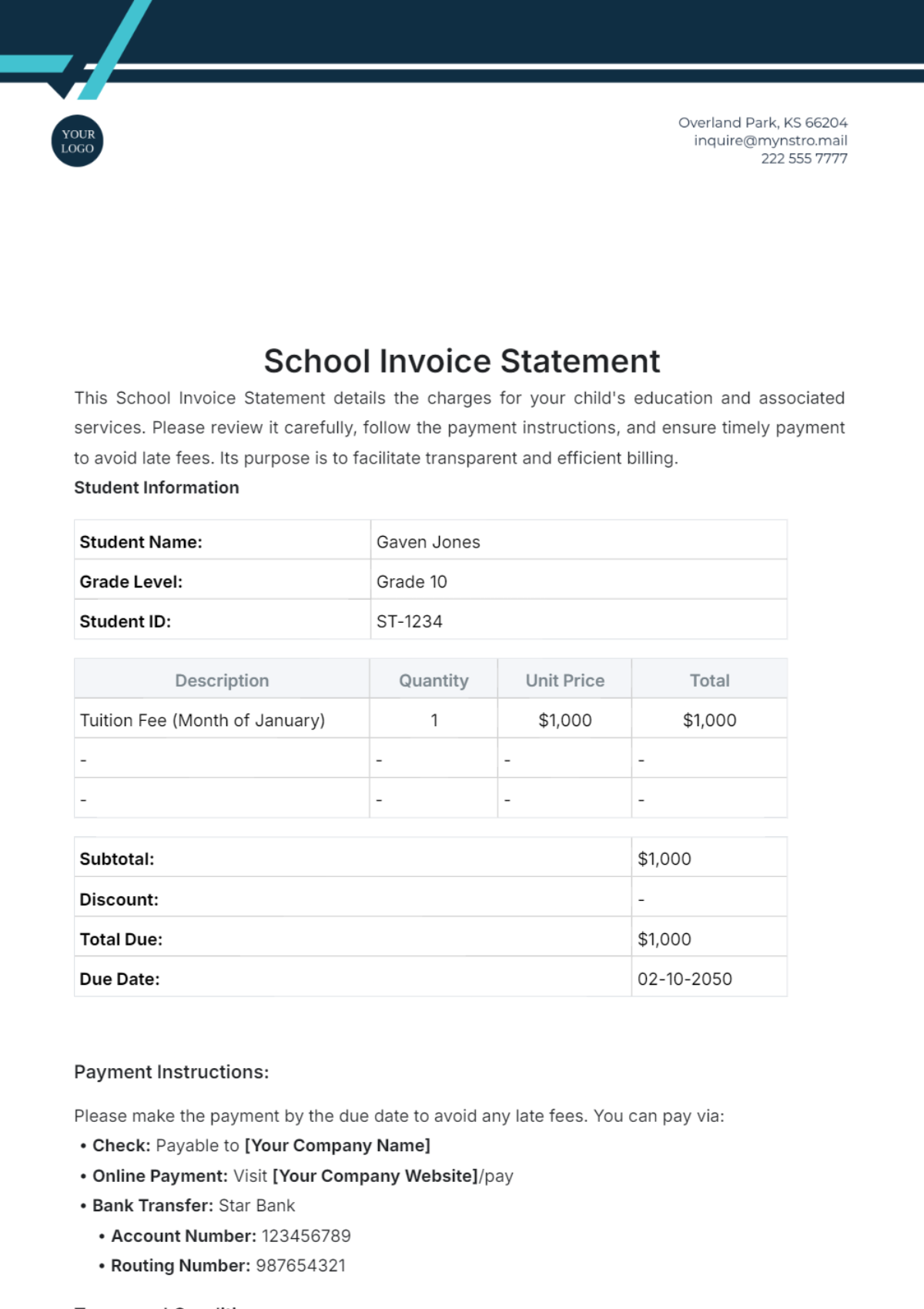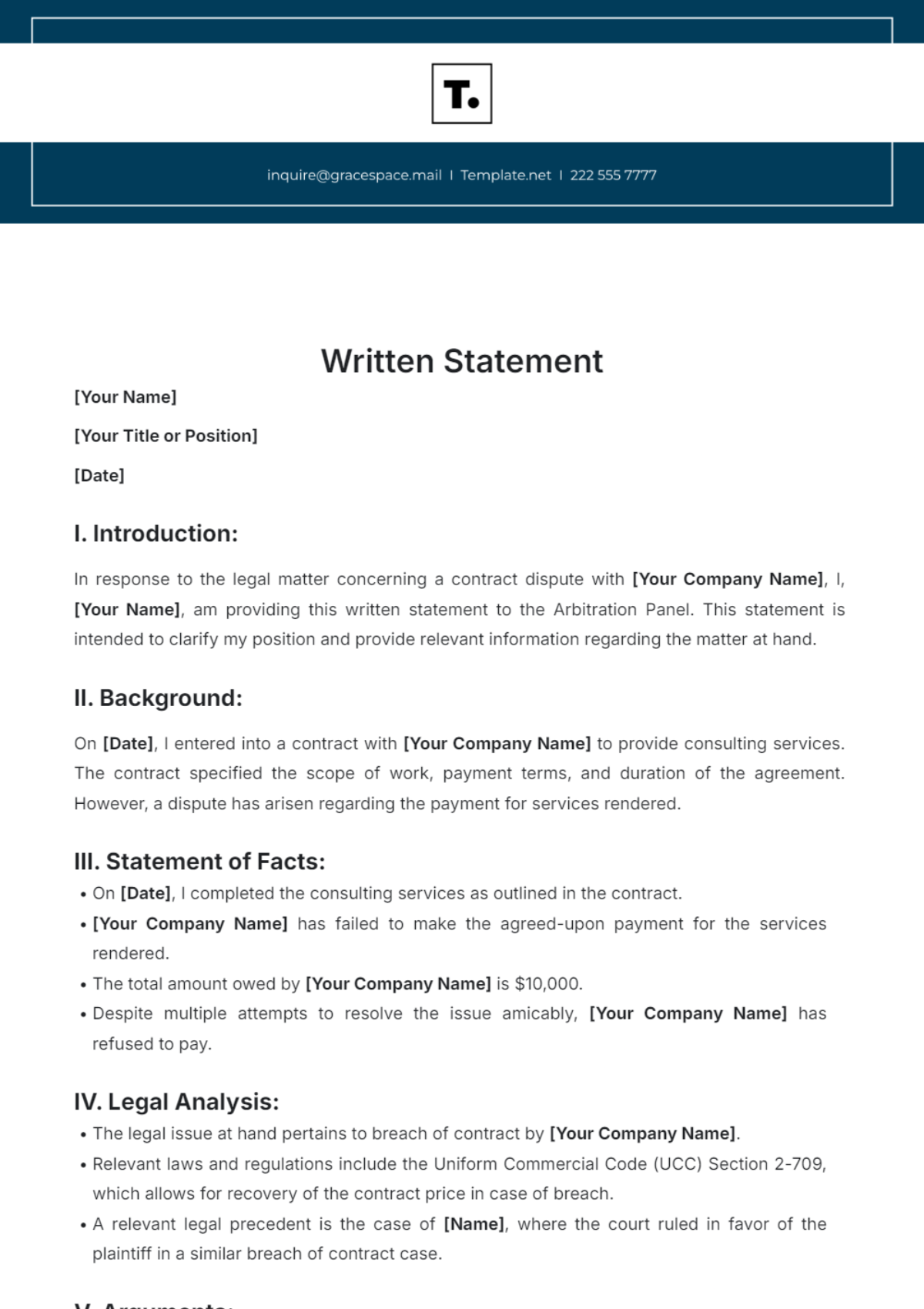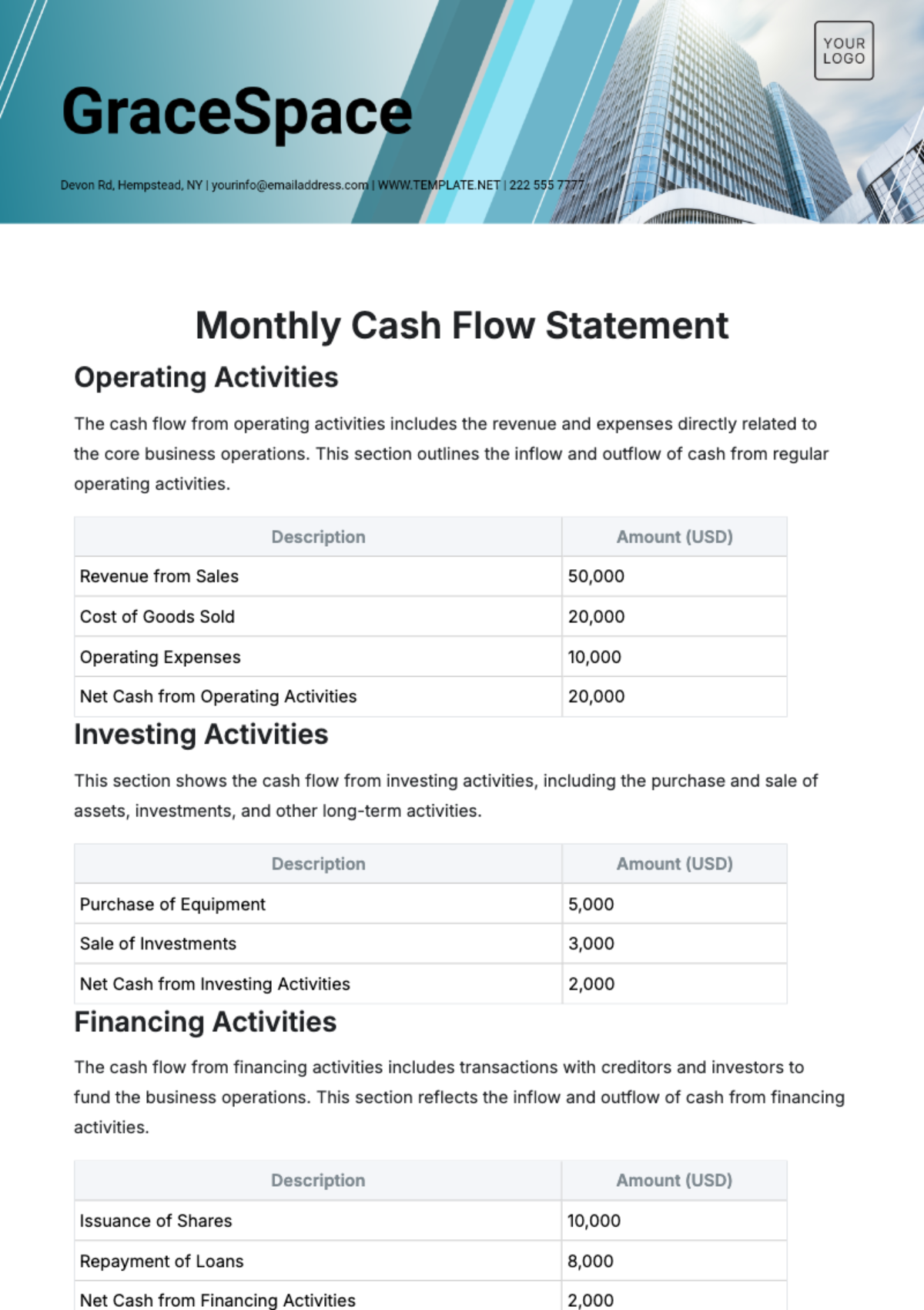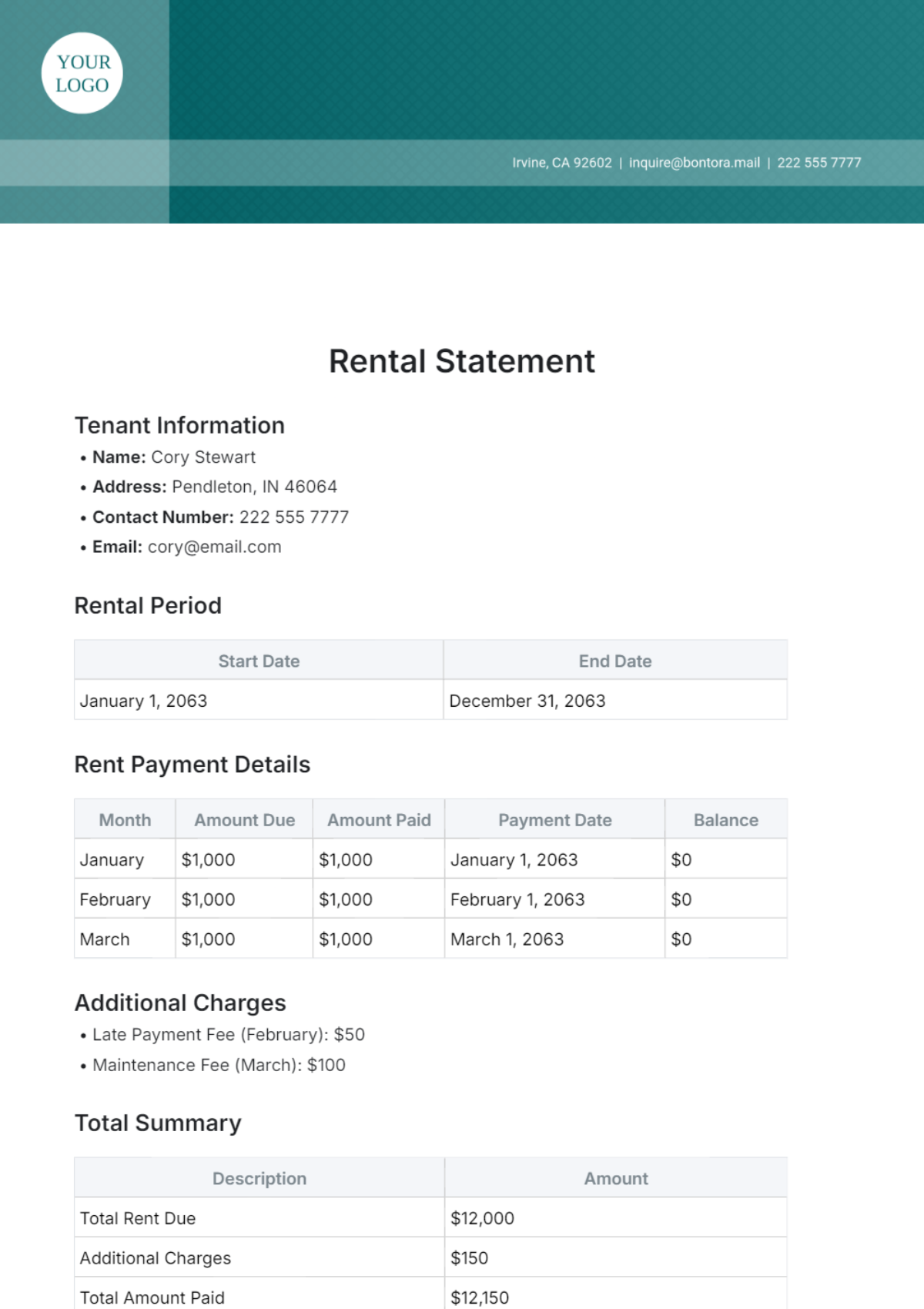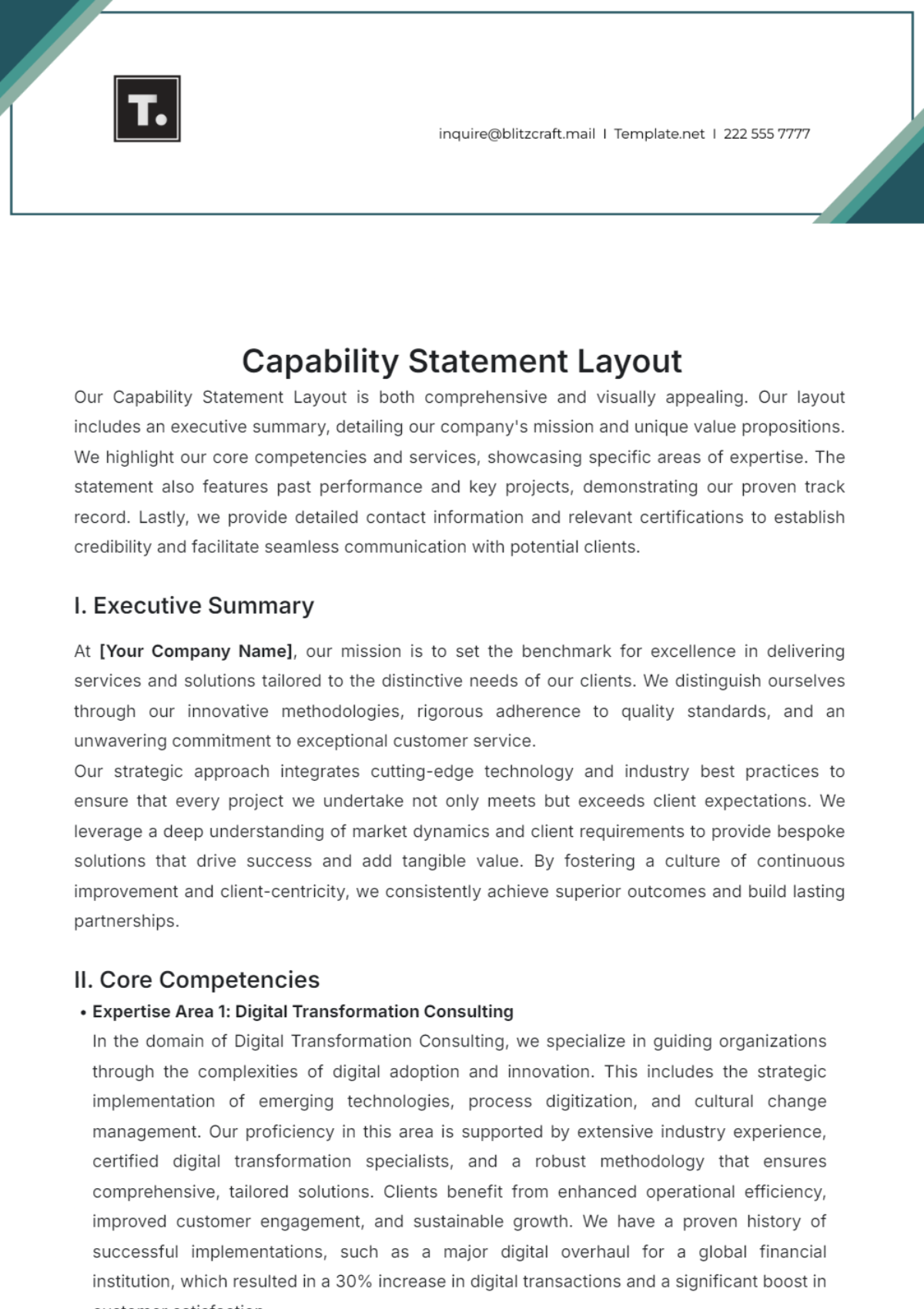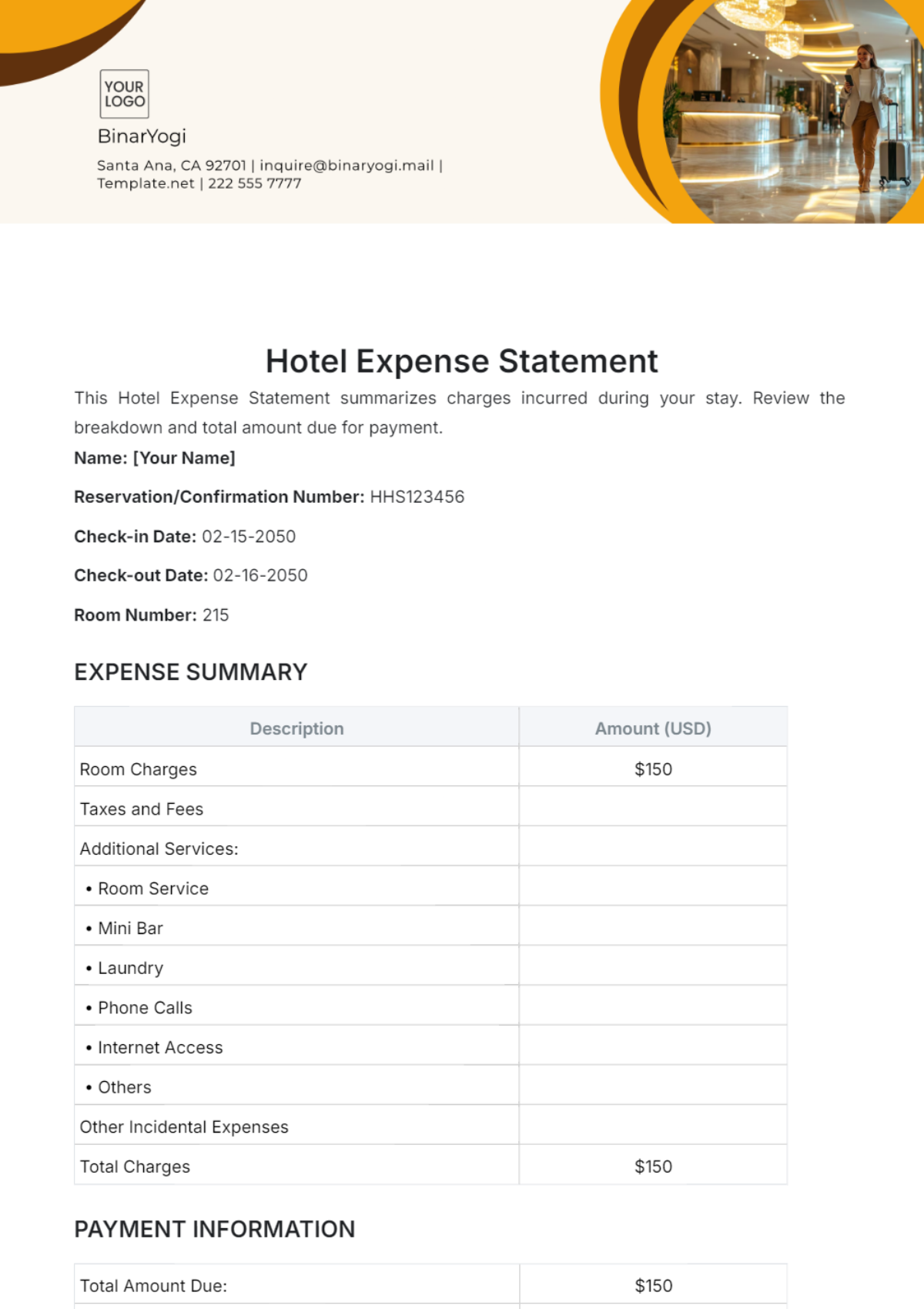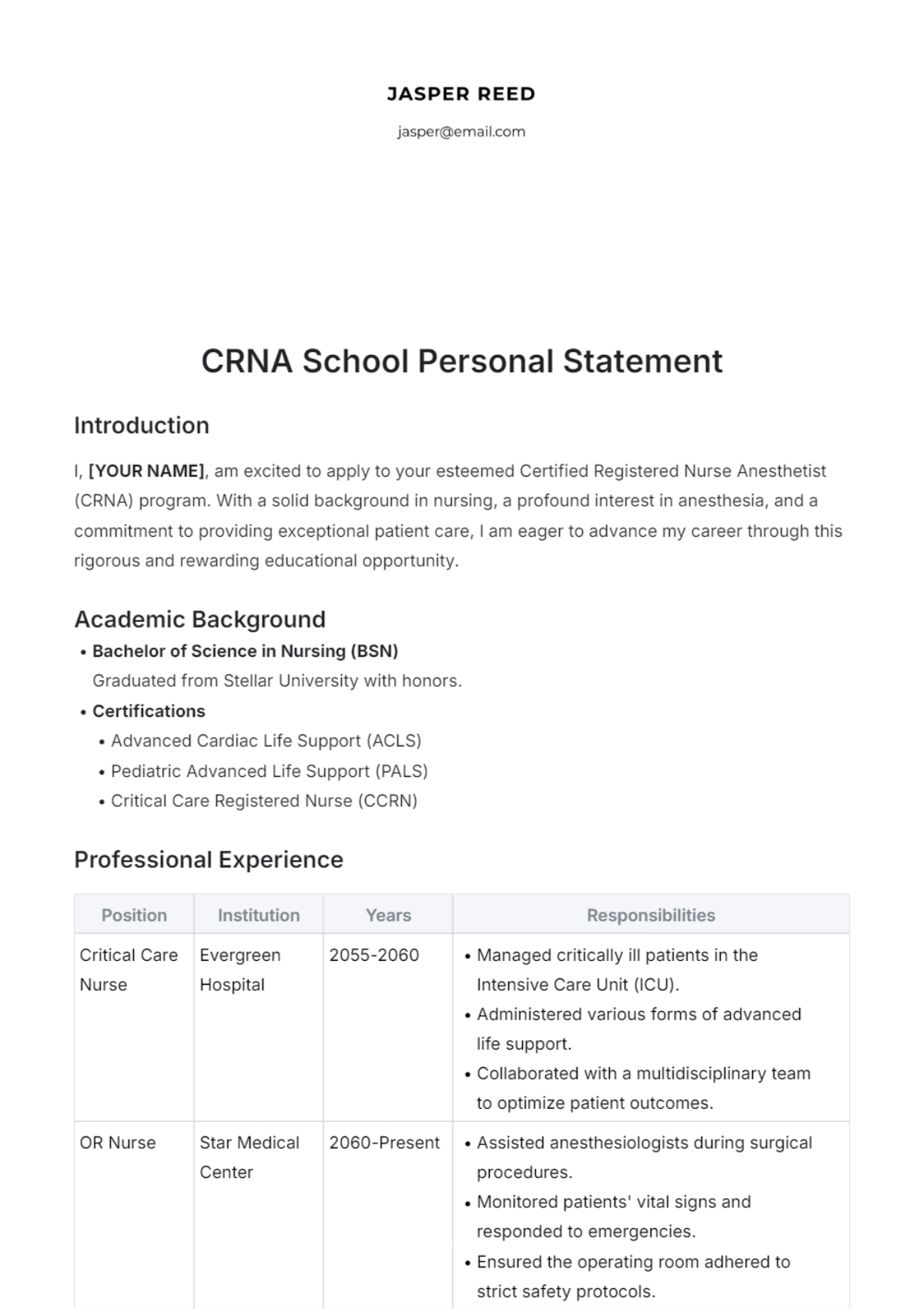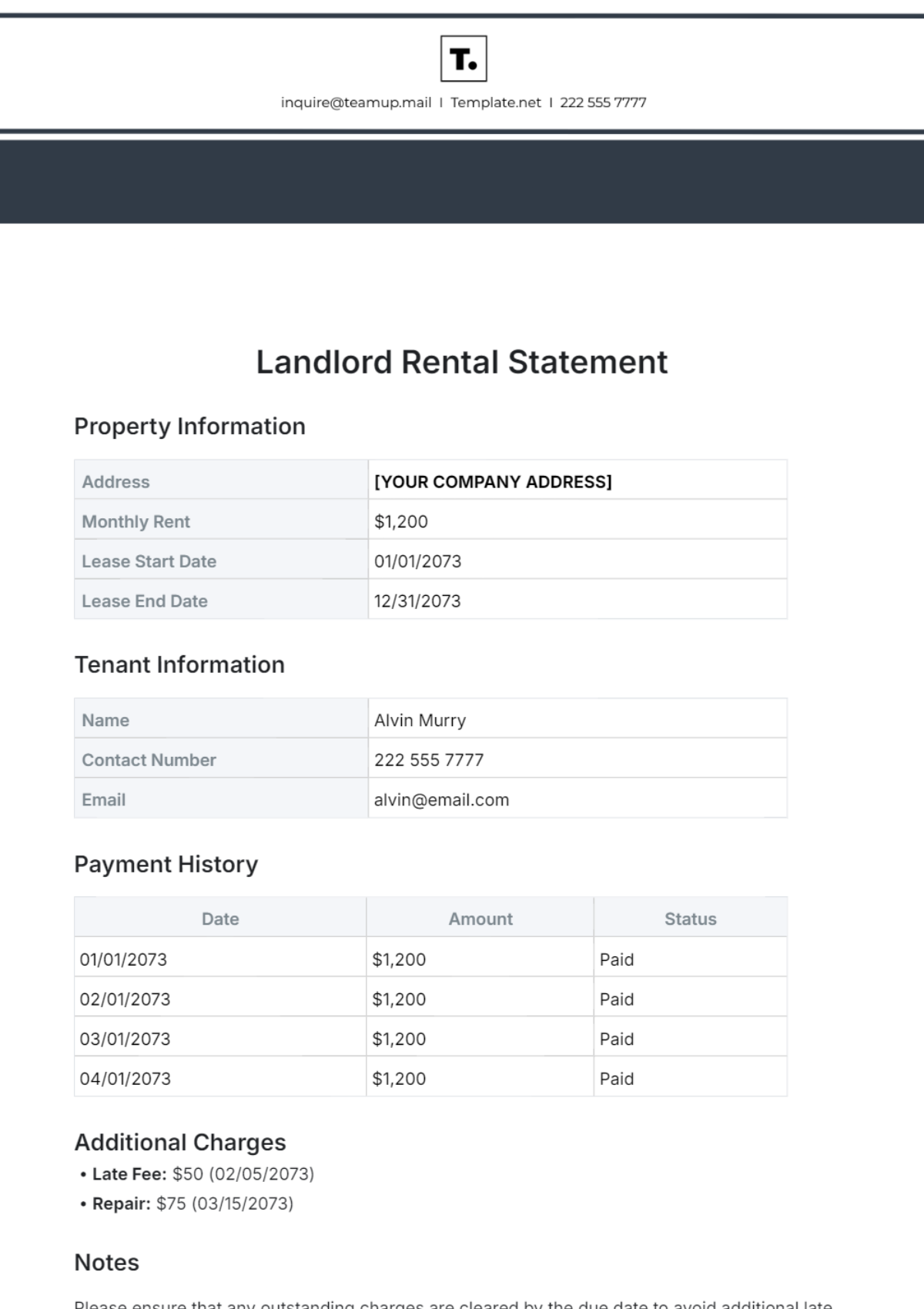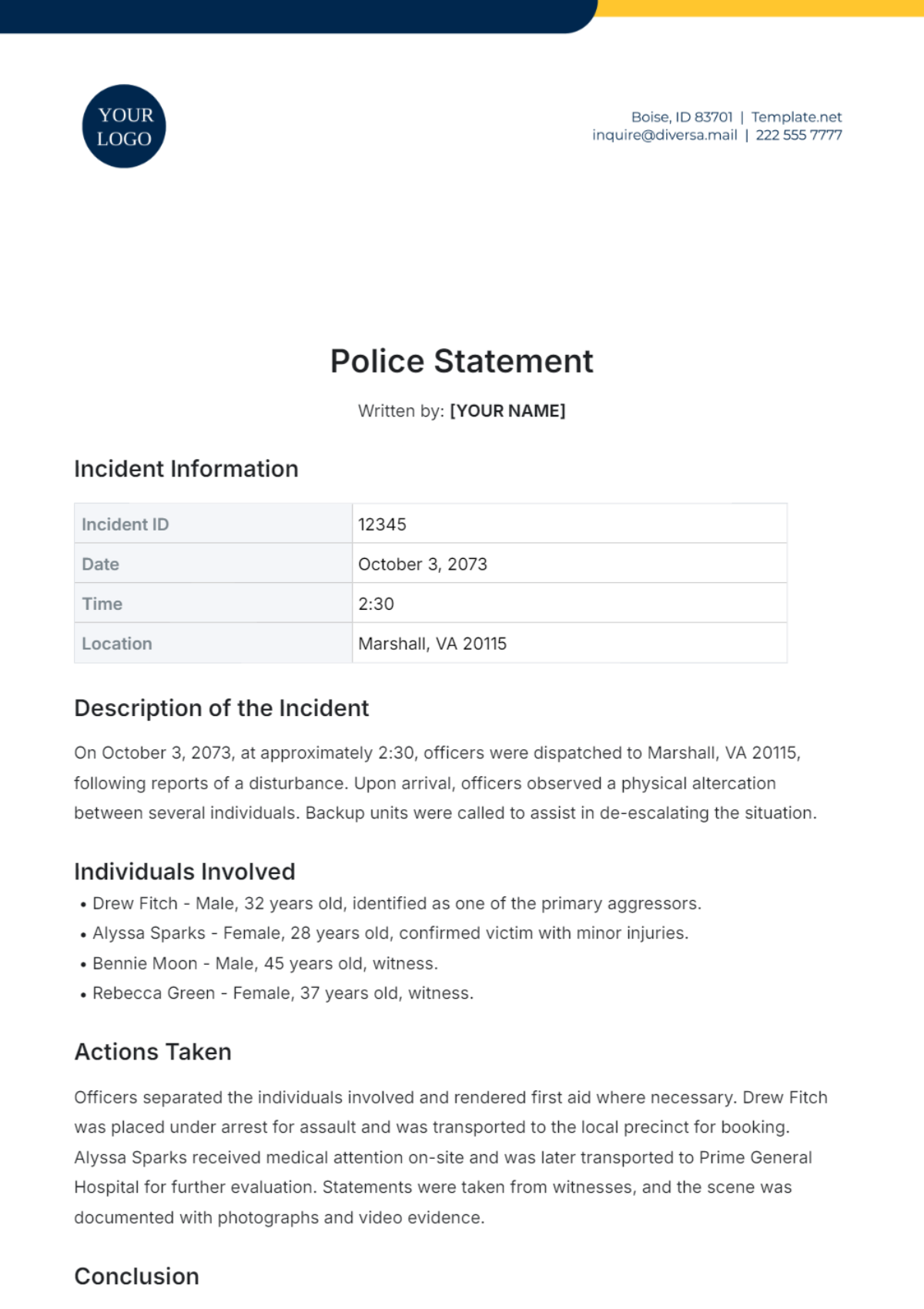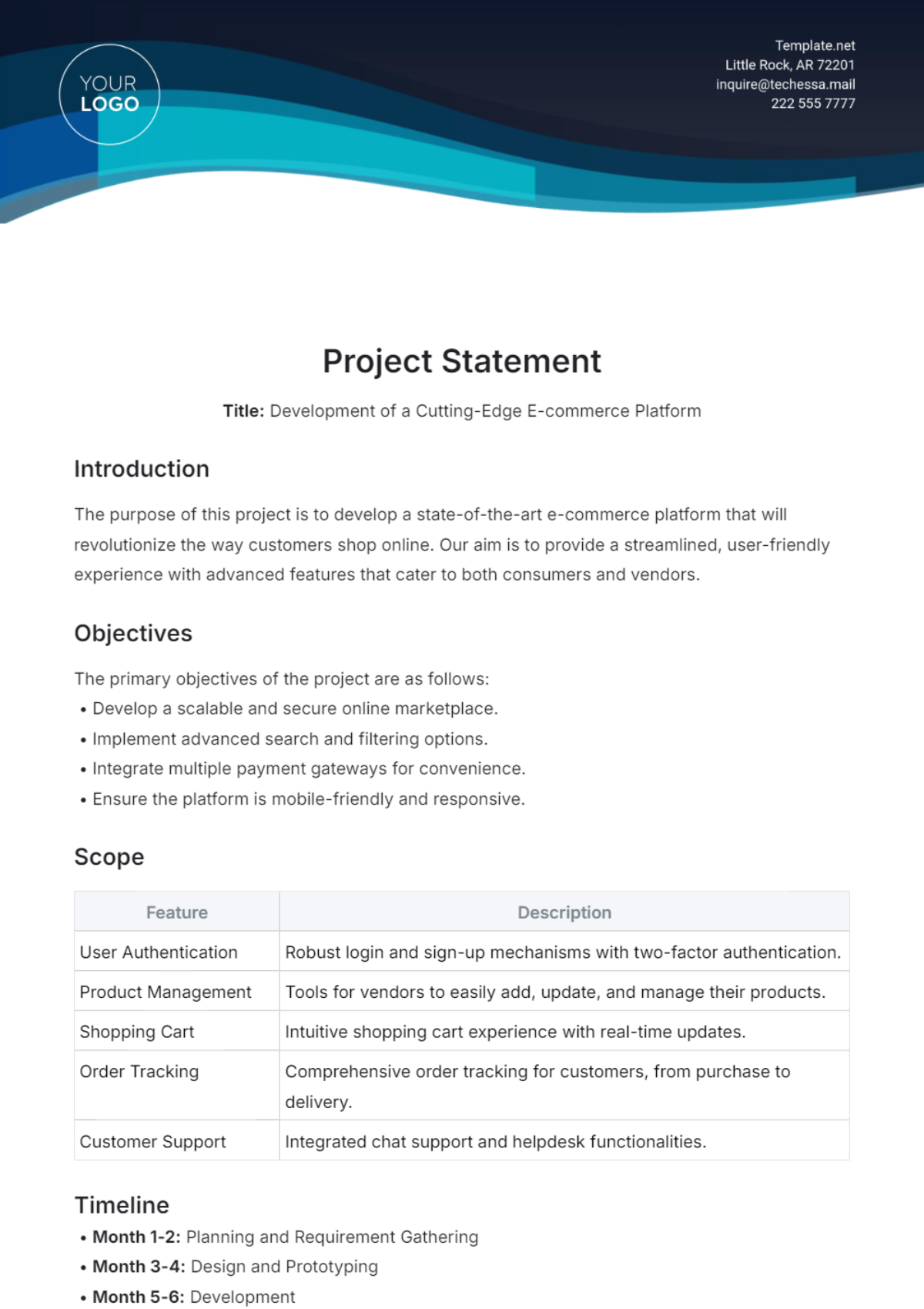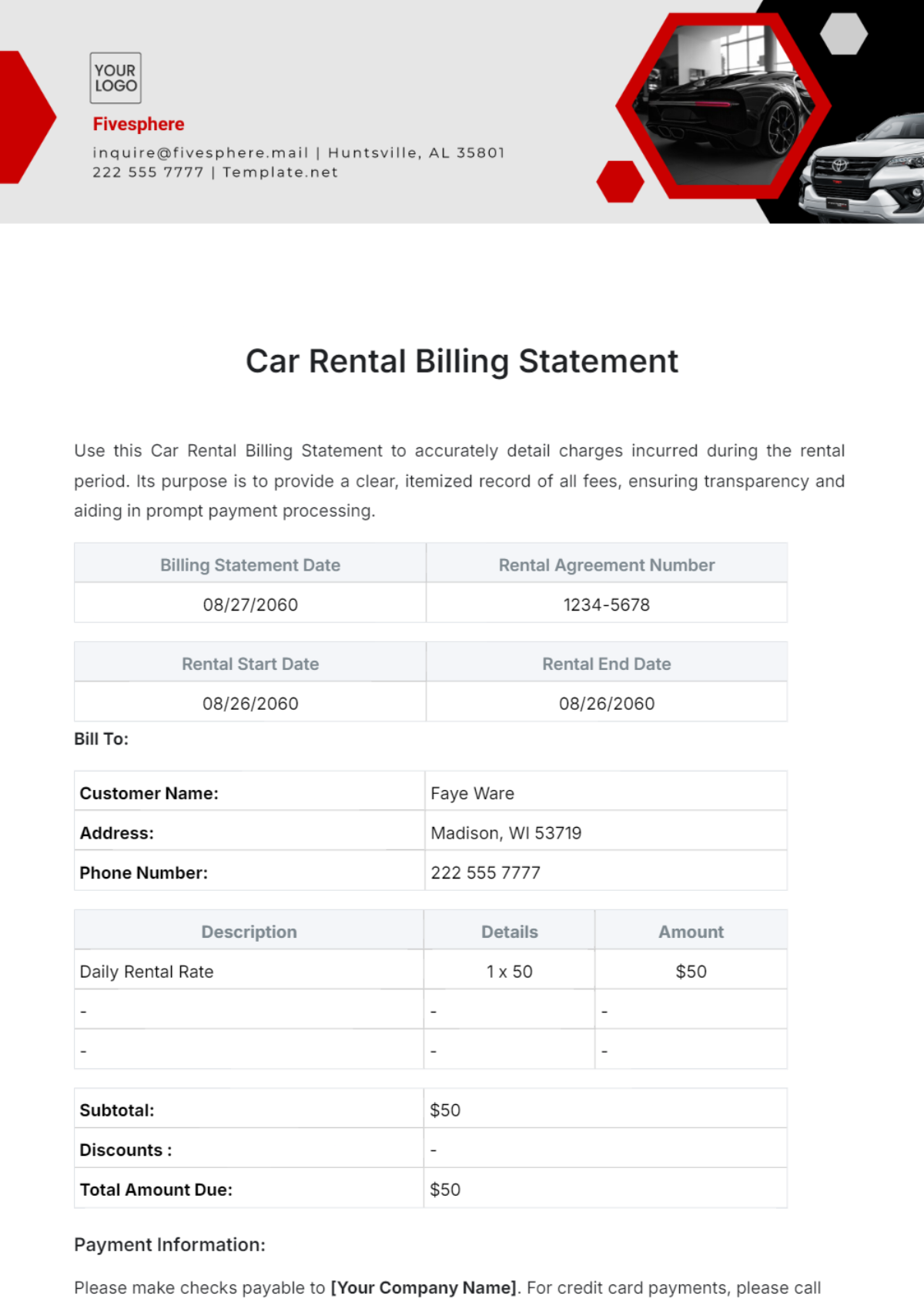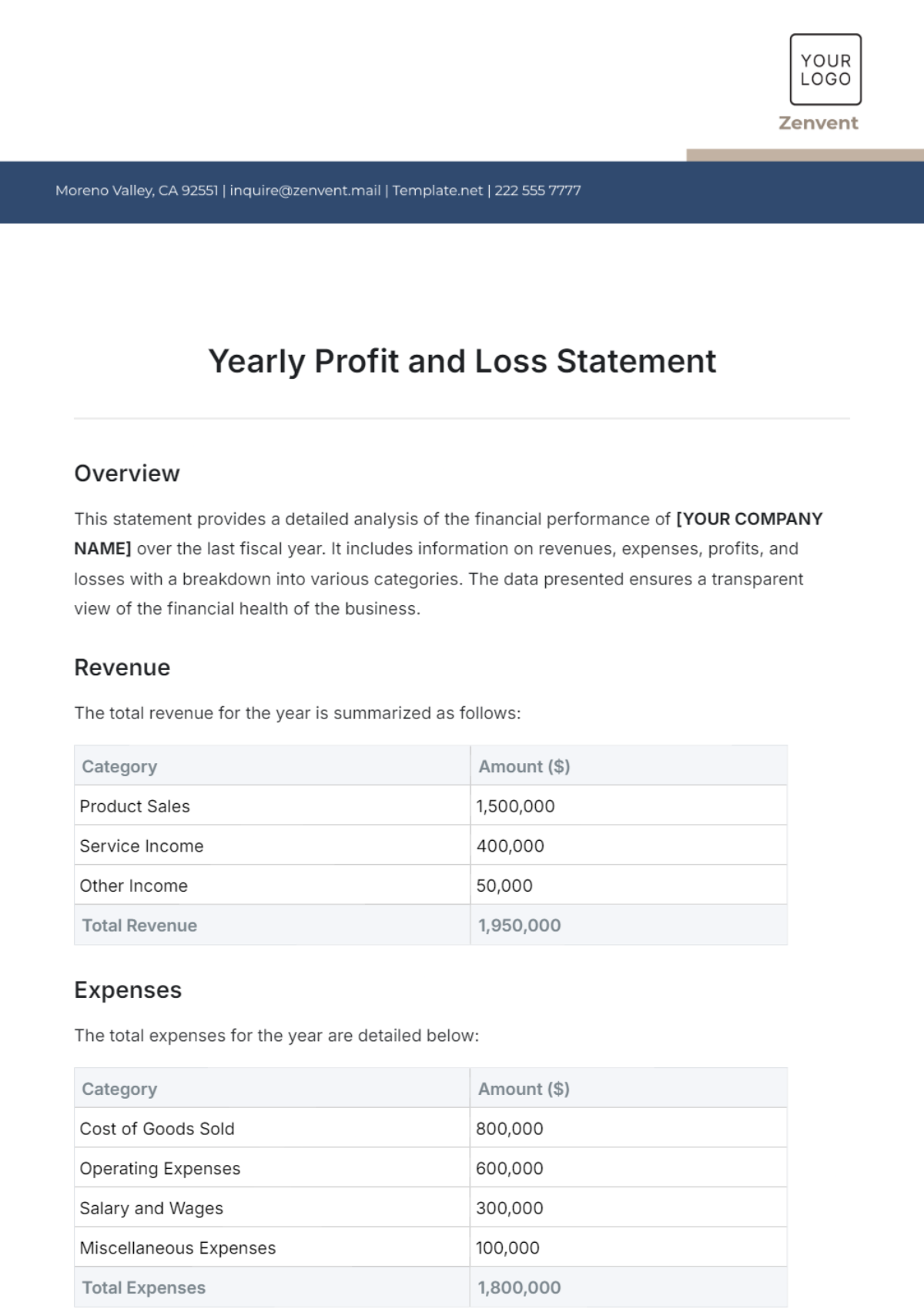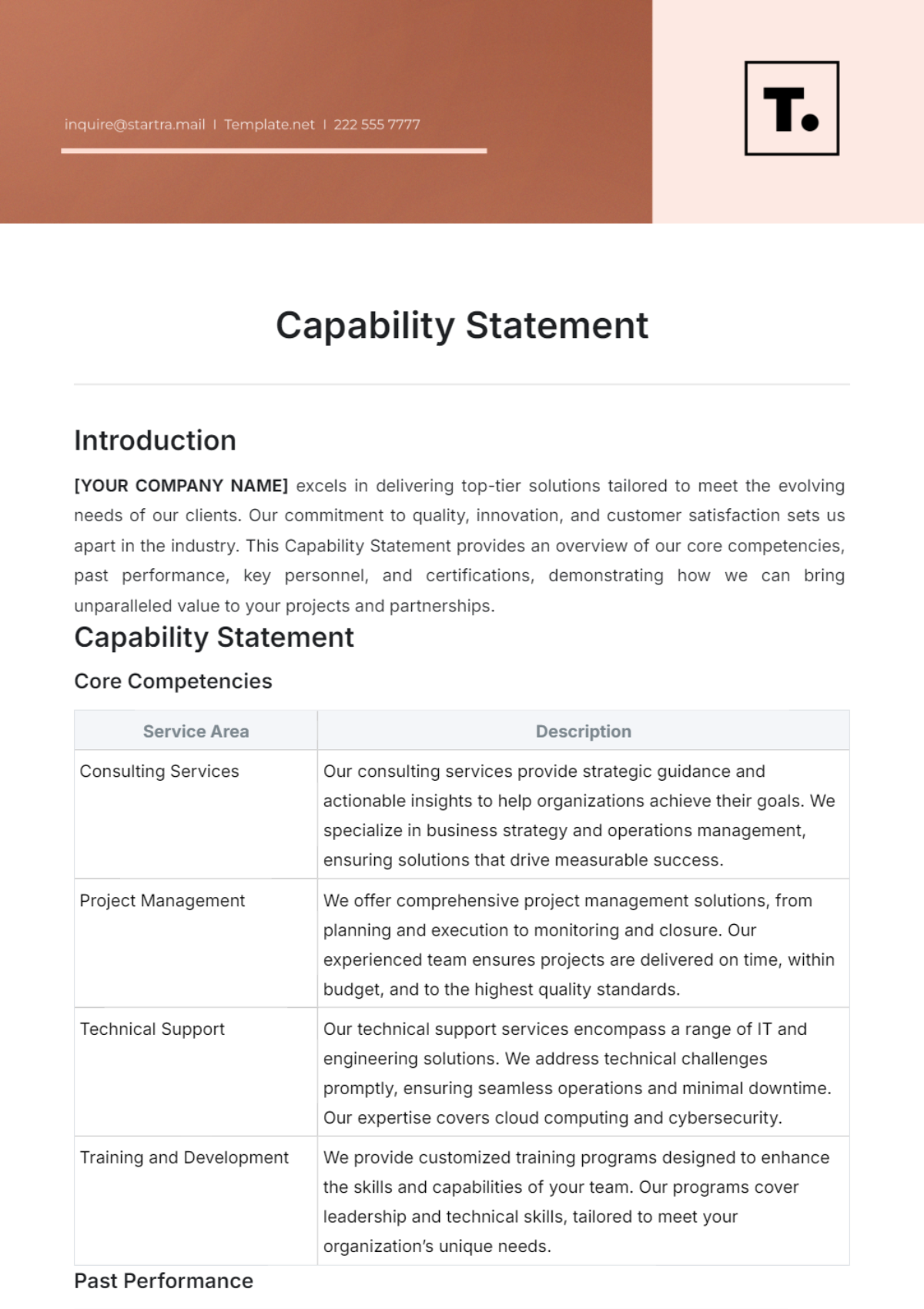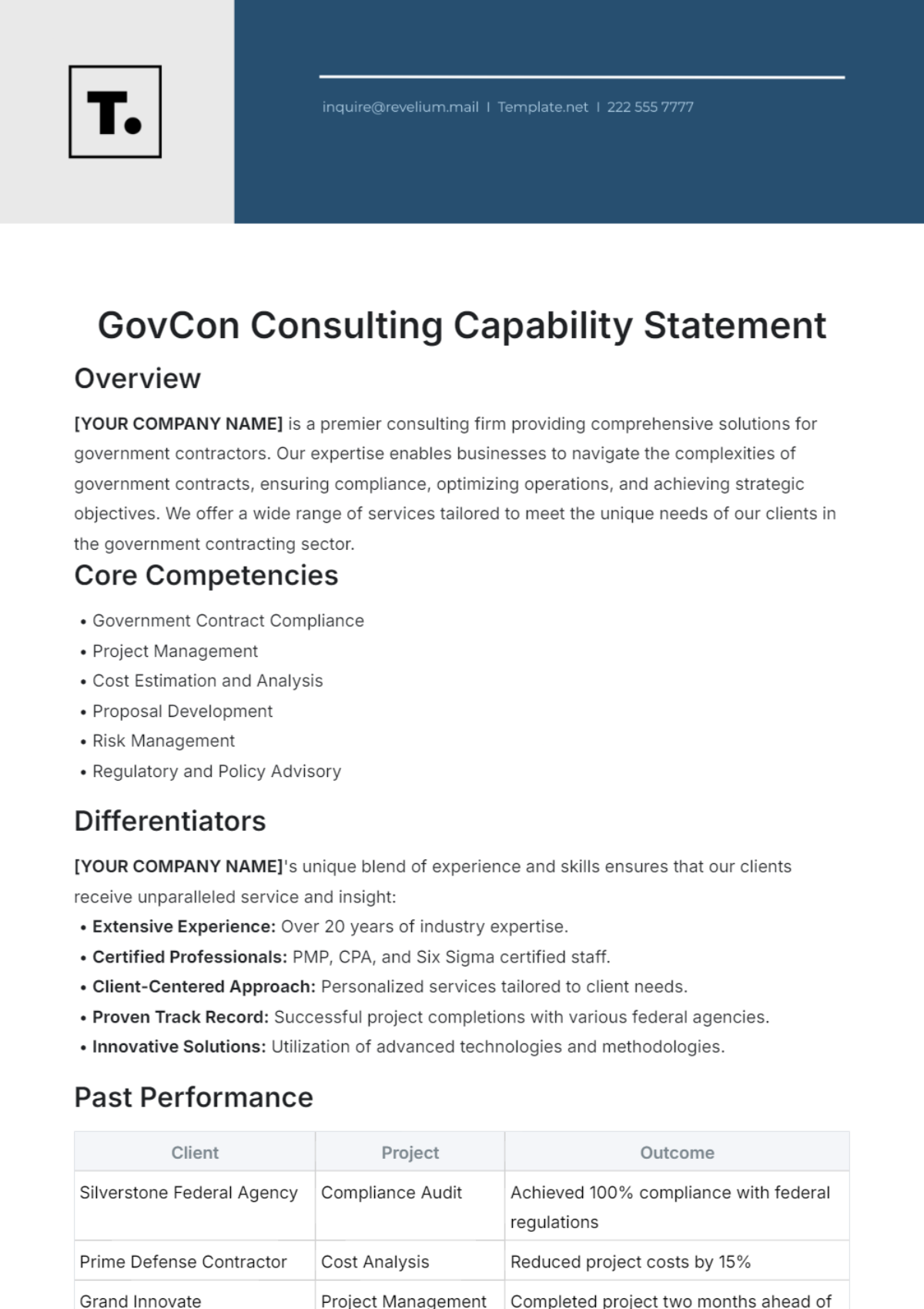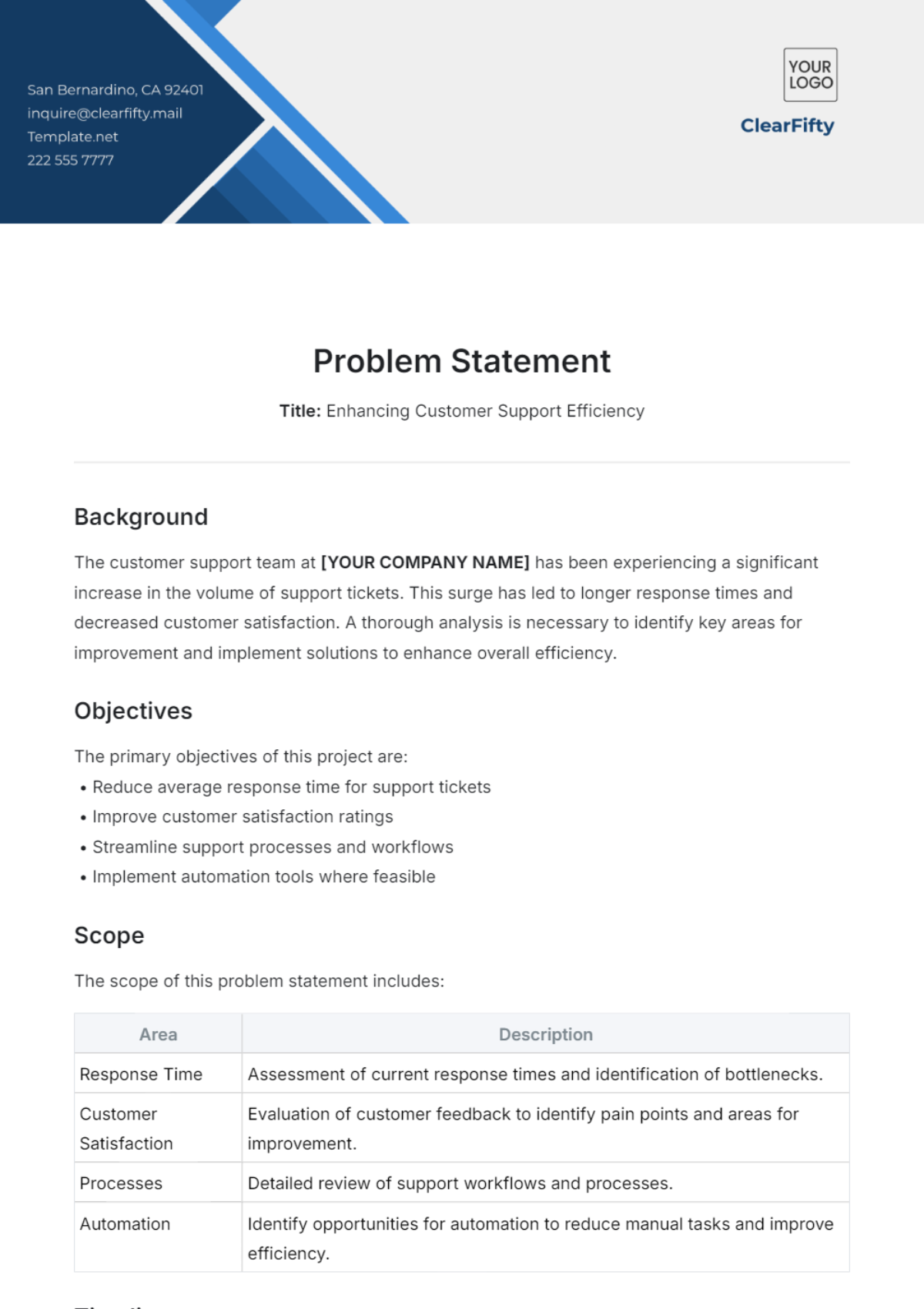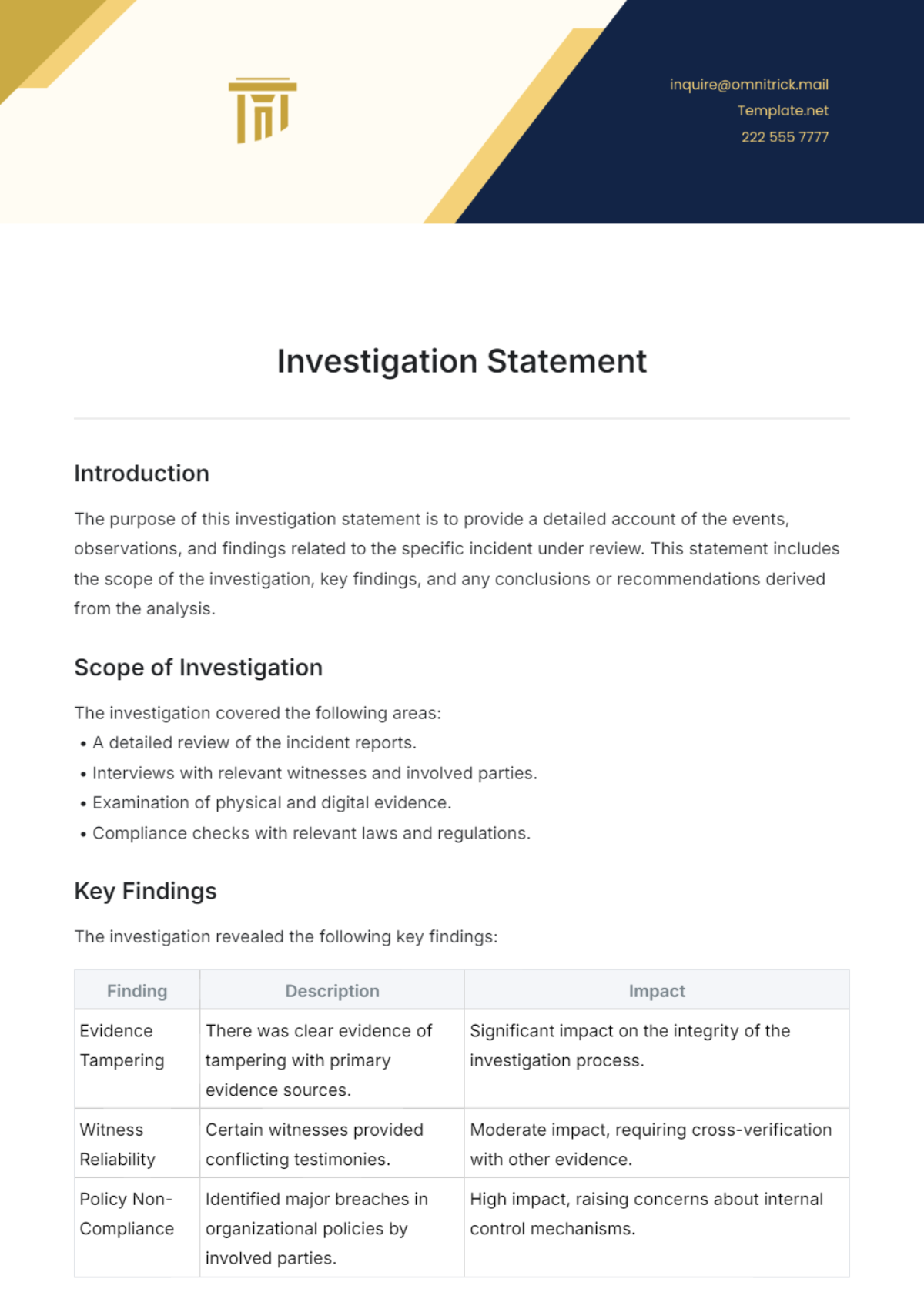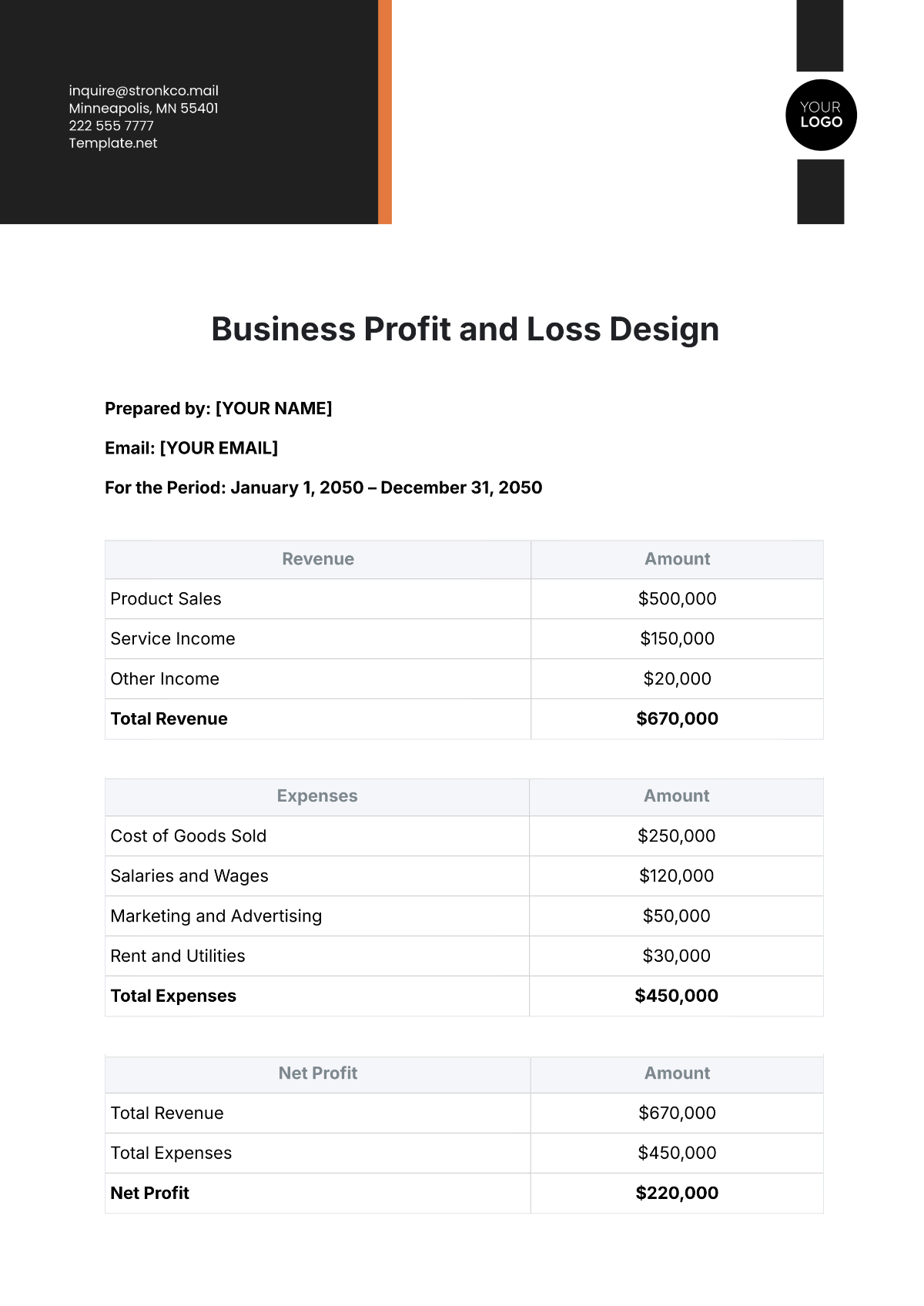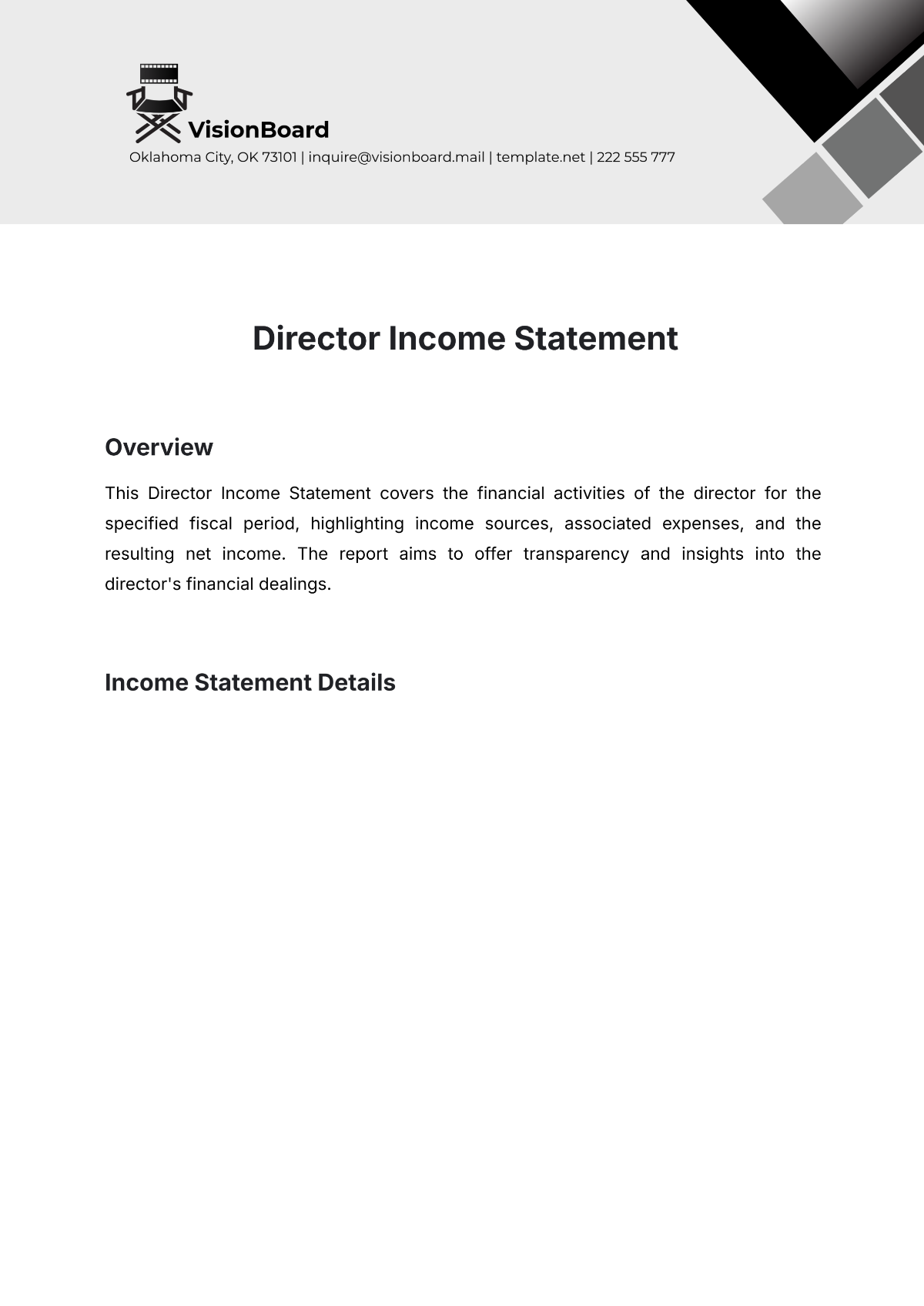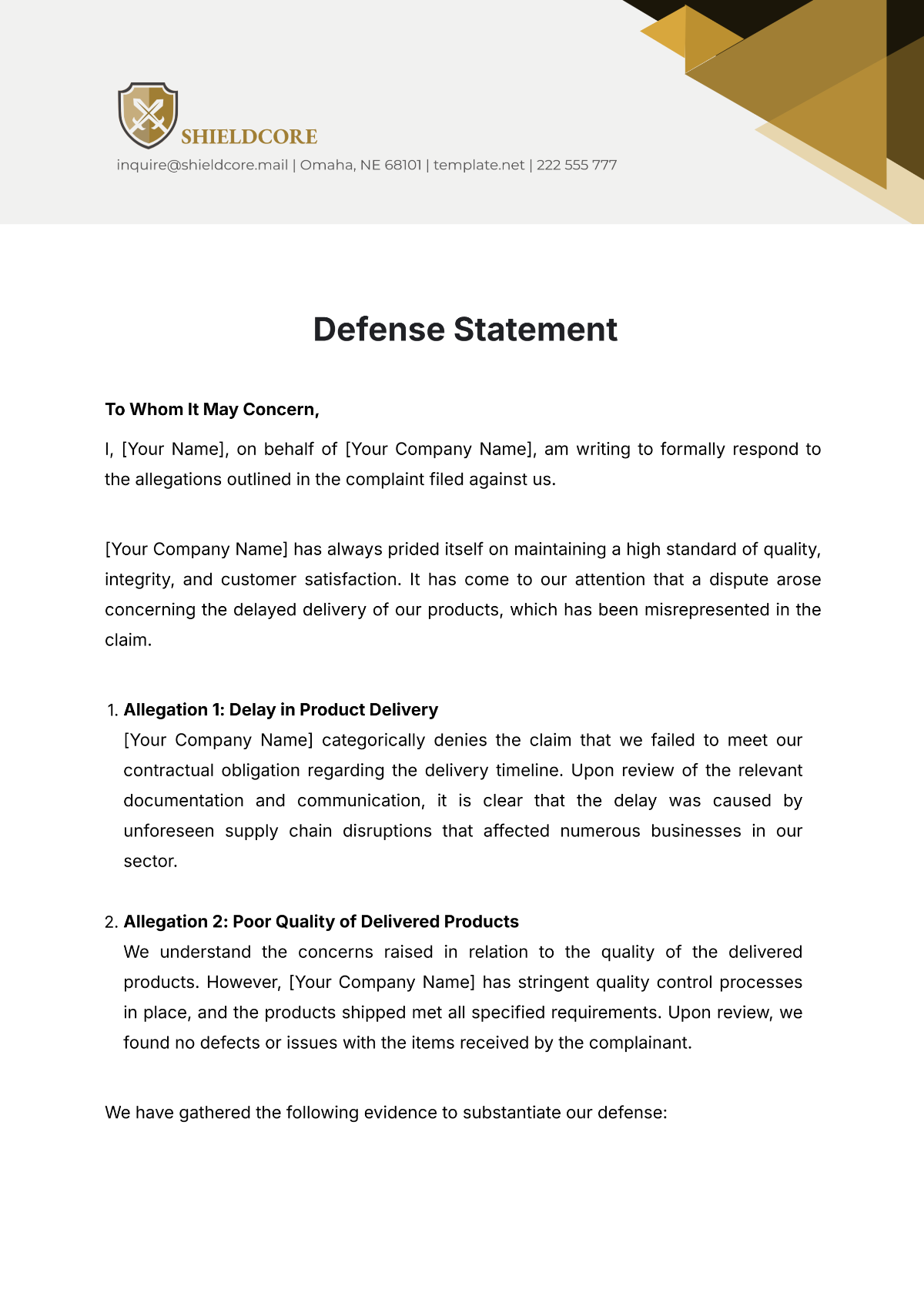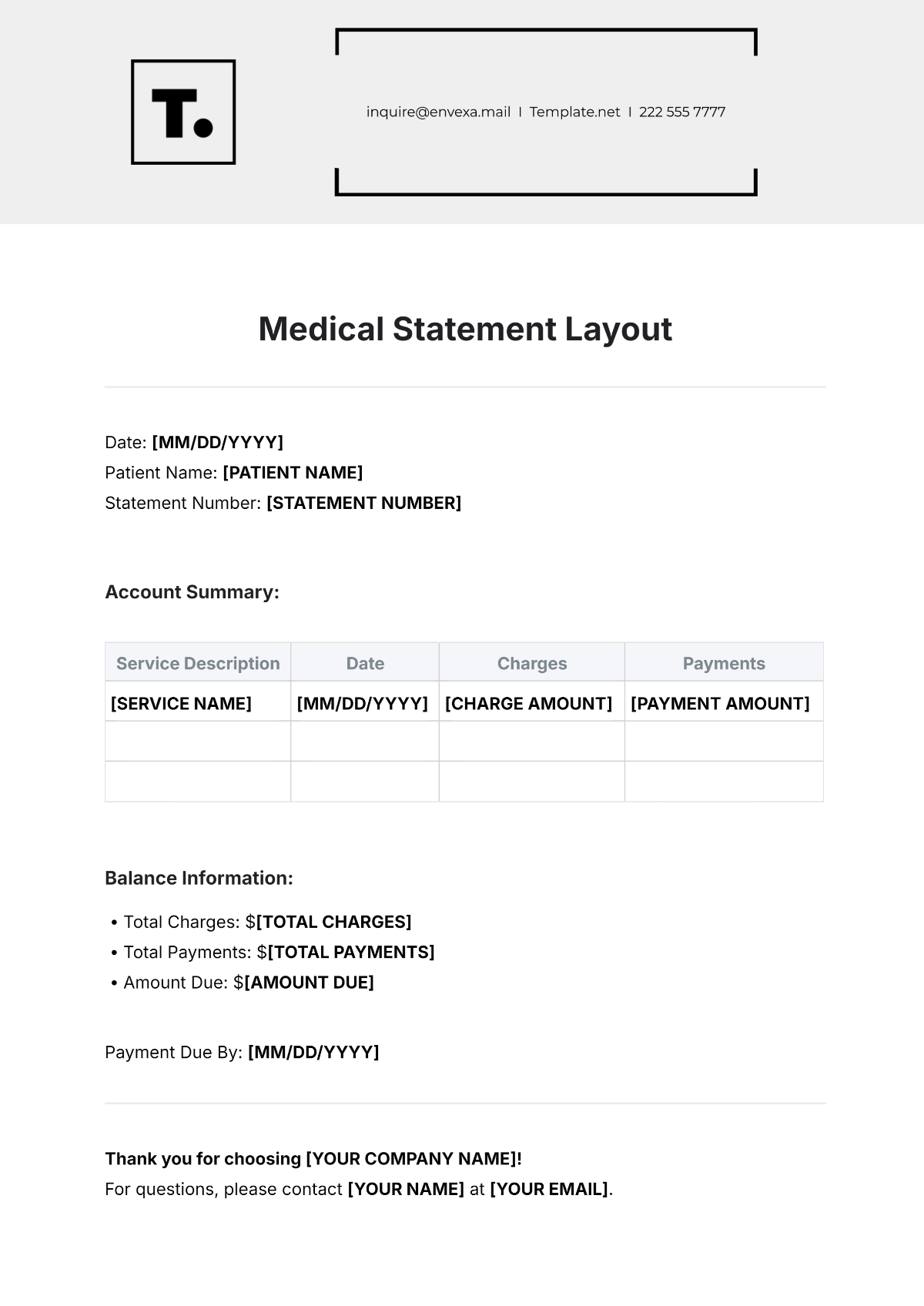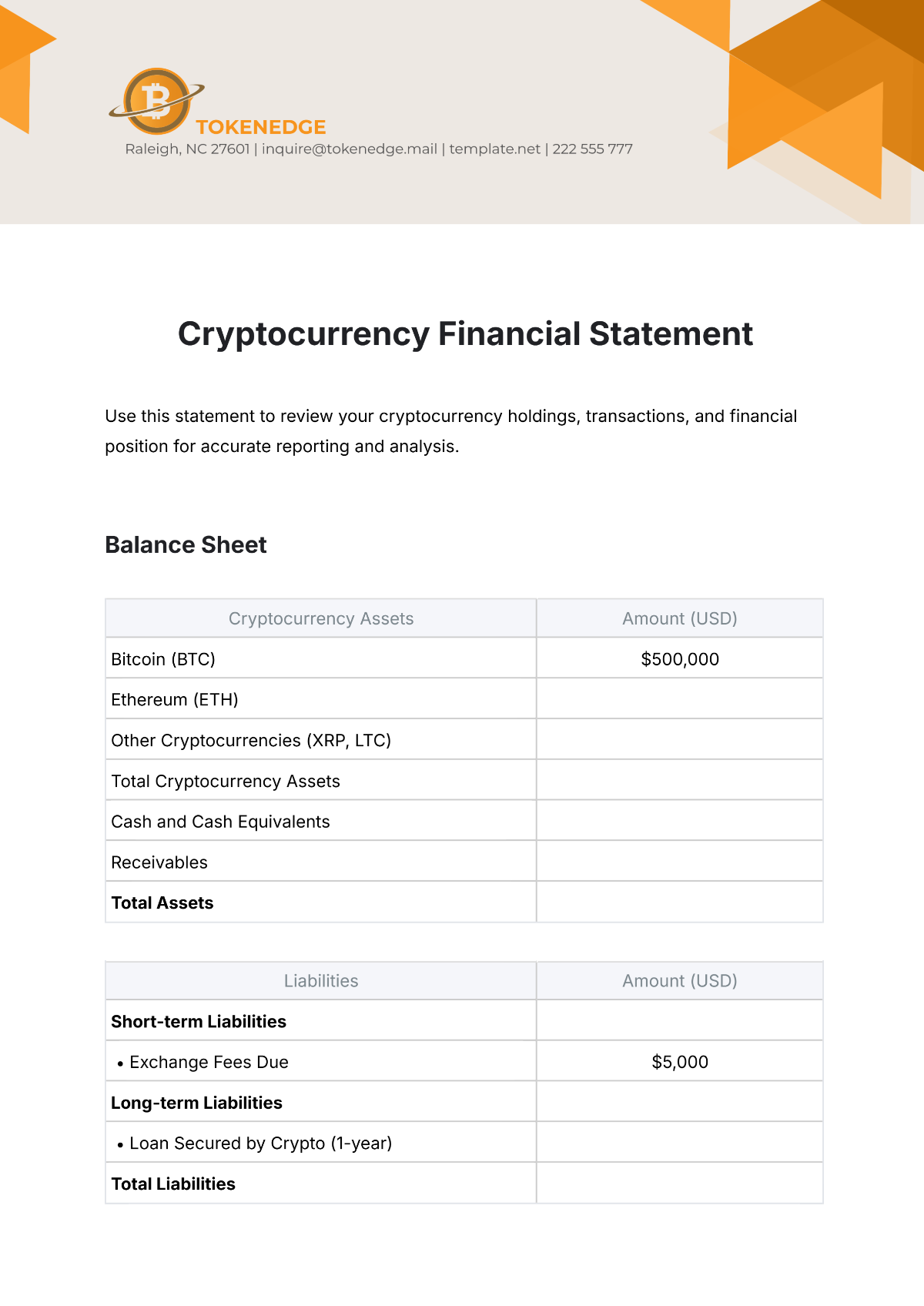School Discipline Statement
I. Introduction
The purpose of this statement is to outline the disciplinary policies and procedures at [Your Company Name]. Our aim is to foster a positive and respectful learning environment for all students, staff, and visitors. These policies apply to all students and staff during school hours, on school premises, and at school-sponsored events. Consistent enforcement of these policies is crucial for maintaining order and respect within our school community. By clearly communicating our expectations and consequences, we hope to create a safe and supportive environment where everyone can thrive.
II. General Conduct Expectations
A. Respect for Others
All students are expected to treat their peers, teachers, and school staff with respect and kindness. Disrespectful behavior, including verbal abuse and physical aggression, will not be tolerated.
Respectful language must be used at all times within the school environment. This includes refraining from using offensive or derogatory terms.
Students must respect the personal space and property of others. Vandalism, theft, and other forms of property damage will result in disciplinary action.
B. Attendance and Punctuality
Students are required to attend school regularly and be on time for all classes. Chronic absenteeism and tardiness will be addressed through the school's disciplinary procedures.
Absences must be reported by parents or guardians and documented with a valid reason. Unexcused absences will lead to interventions and potential consequences.
Punctuality demonstrates respect for the learning process and for others' time. Students who are habitually late may face detention or other disciplinary measures.
C. Academic Integrity
Students must uphold the highest standards of academic integrity. Cheating, plagiarism, and other forms of academic dishonesty are strictly prohibited.
Instances of academic dishonesty will be investigated thoroughly. Consequences may include a failing grade on the assignment or test and further disciplinary action.
Teachers will educate students about proper citation practices and the importance of original work. Students are encouraged to seek help if they are unsure about these practices.
III. Disciplinary Procedures
A. Minor Infractions
Minor infractions will be addressed by the classroom teacher or supervising staff member. Consequences may include verbal warnings, temporary removal from class, or detention.
Repeated minor infractions will be documented and may result in a meeting with parents or guardians. Persistent issues may escalate to more severe consequences.
Teachers are encouraged to use restorative practices to address minor infractions. These practices aim to repair harm and restore positive relationships.
B. Major Infractions
Major infractions, such as fighting, bullying, or possession of prohibited items, will result in immediate referral to the school administration.
Parents or guardians will be notified promptly of any major infractions. A meeting may be scheduled to discuss the incident and appropriate consequences.
Consequences for major infractions may include suspension, expulsion, or referral to external agencies. The severity of the consequence will depend on the nature of the infraction and the student's disciplinary history.
C. Appeals Process
Students and parents have the right to appeal disciplinary decisions. Appeals must be submitted in writing to the school administration within a specified timeframe.
The appeals process will involve a review of the incident and the disciplinary action taken. A meeting may be held to hear the student's and parents' perspectives.
Final decisions on appeals will be communicated in writing. The decision of the administration is final and binding.
IV. Support and Resources
A. Counseling Services
Counseling services are available to support students facing disciplinary issues. Counselors can help address underlying issues and develop positive behavior strategies.
Students may be referred to counseling services by teachers, administrators, or parents. Participation in counseling may be voluntary or part of a disciplinary plan.
Confidentiality is maintained in counseling sessions, except in cases where safety is a concern. Counselors work with students to build trust and provide effective support.
B. Parental Involvement
Parental involvement is crucial for effective discipline and student success. Parents are encouraged to communicate regularly with teachers and administrators.
The school will provide resources and workshops to help parents support their children's behavior and academic progress. These resources are designed to strengthen the home-school connection.
Parents are invited to participate in disciplinary meetings and restorative practices. Their input and support are valuable in developing effective behavior plans.
C. Educational Programs
Educational programs will be implemented to teach students about responsible behavior and decision-making. These programs aim to prevent disciplinary issues before they arise.
Programs will include topics such as conflict resolution, empathy, and digital citizenship. These topics are integrated into the curriculum and extracurricular activities.
Students will have opportunities to participate in peer mentoring and leadership programs. These programs promote positive role models and encourage responsible behavior.
V. Continuous Improvement
We are committed to continuously evaluating and improving our disciplinary policies and procedures. Regular reviews will ensure that our strategies remain effective and relevant to the needs of our school community. Feedback from students, parents, and staff is essential in this process. By engaging with our community, we aim to address emerging challenges proactively. Our ultimate goal is to create a safe and supportive environment conducive to learning and growth. For any questions or additional information, please contact [Your Company Email].
